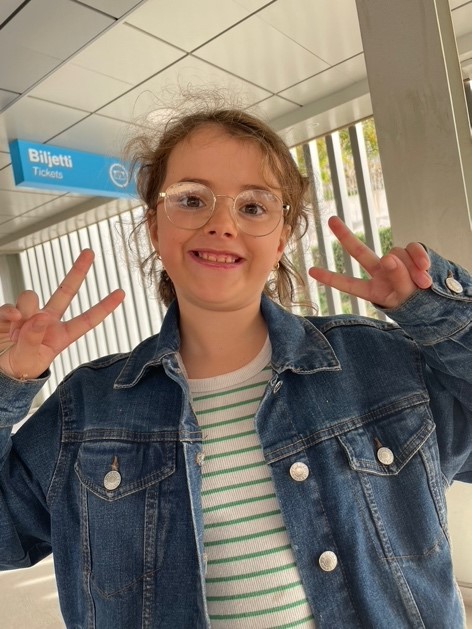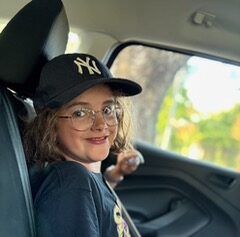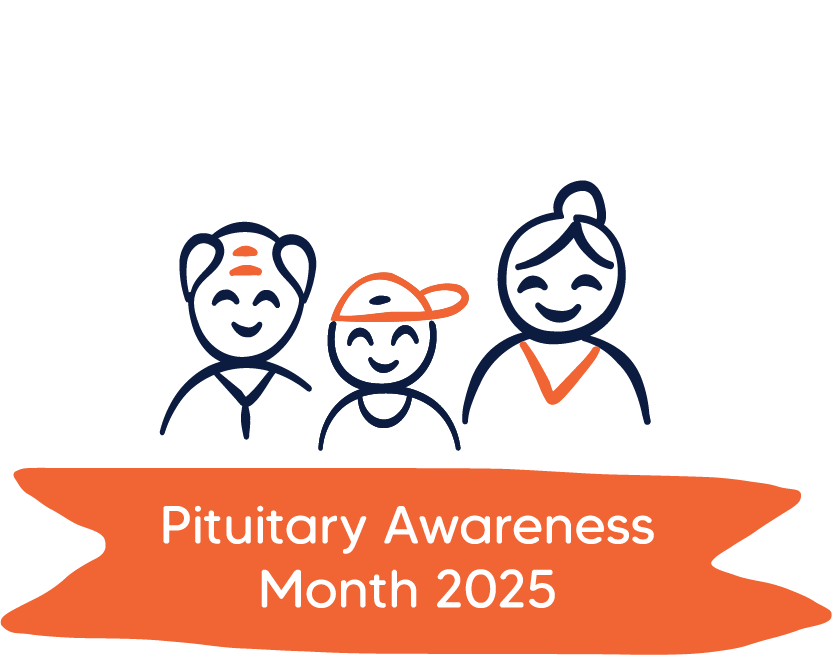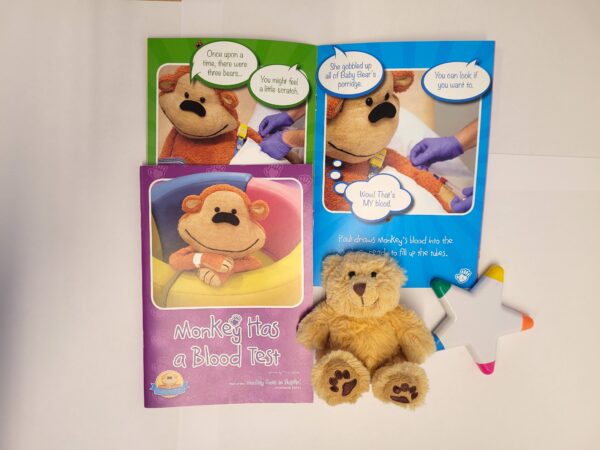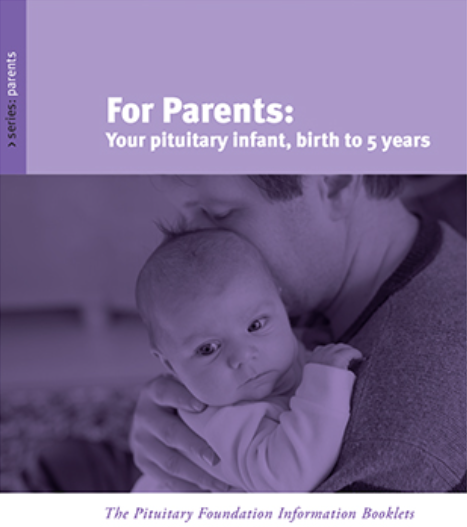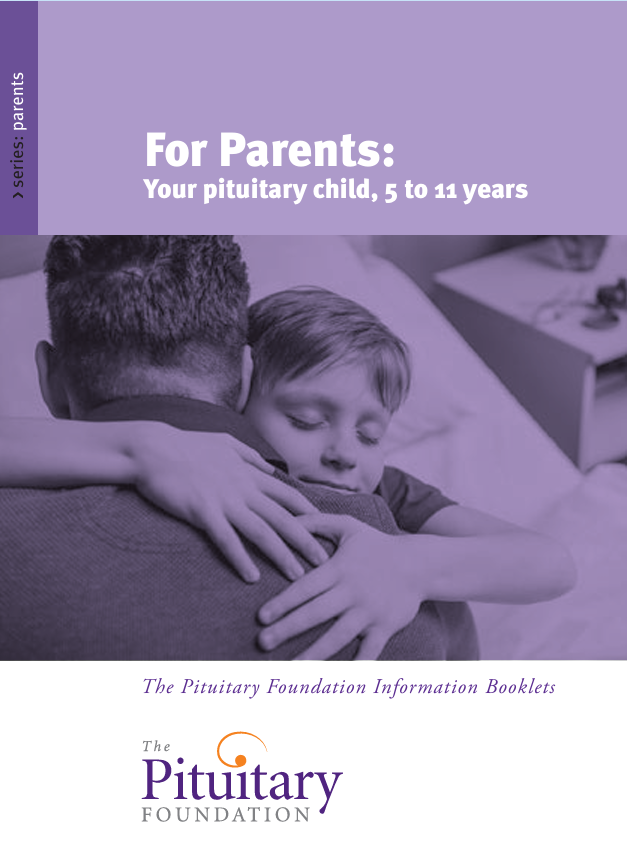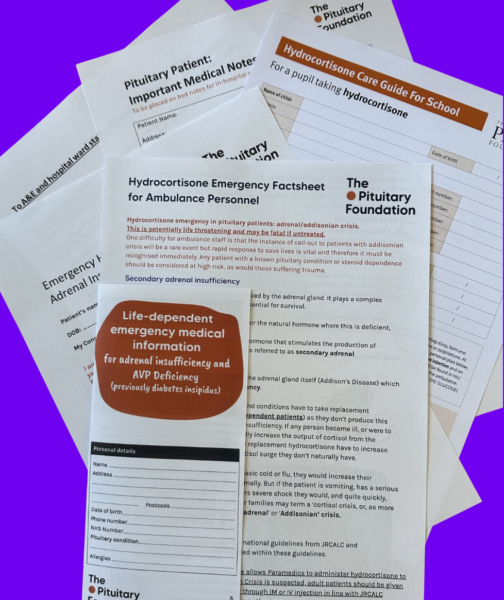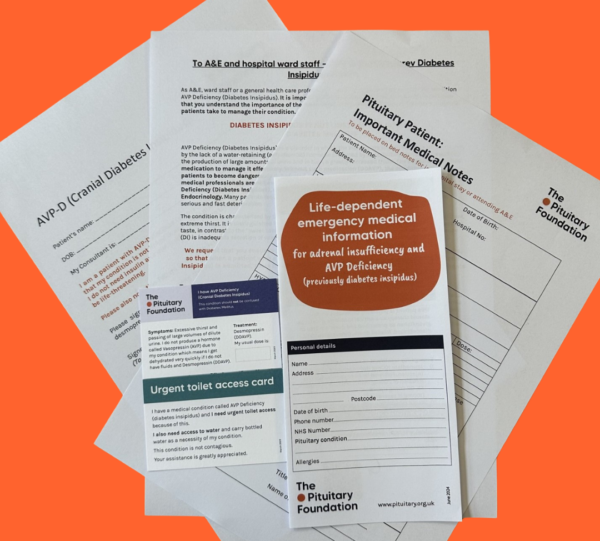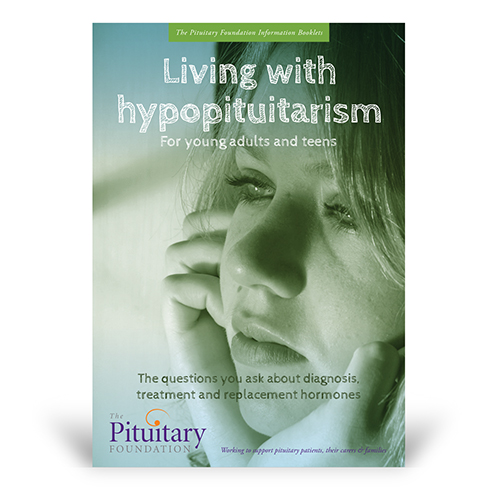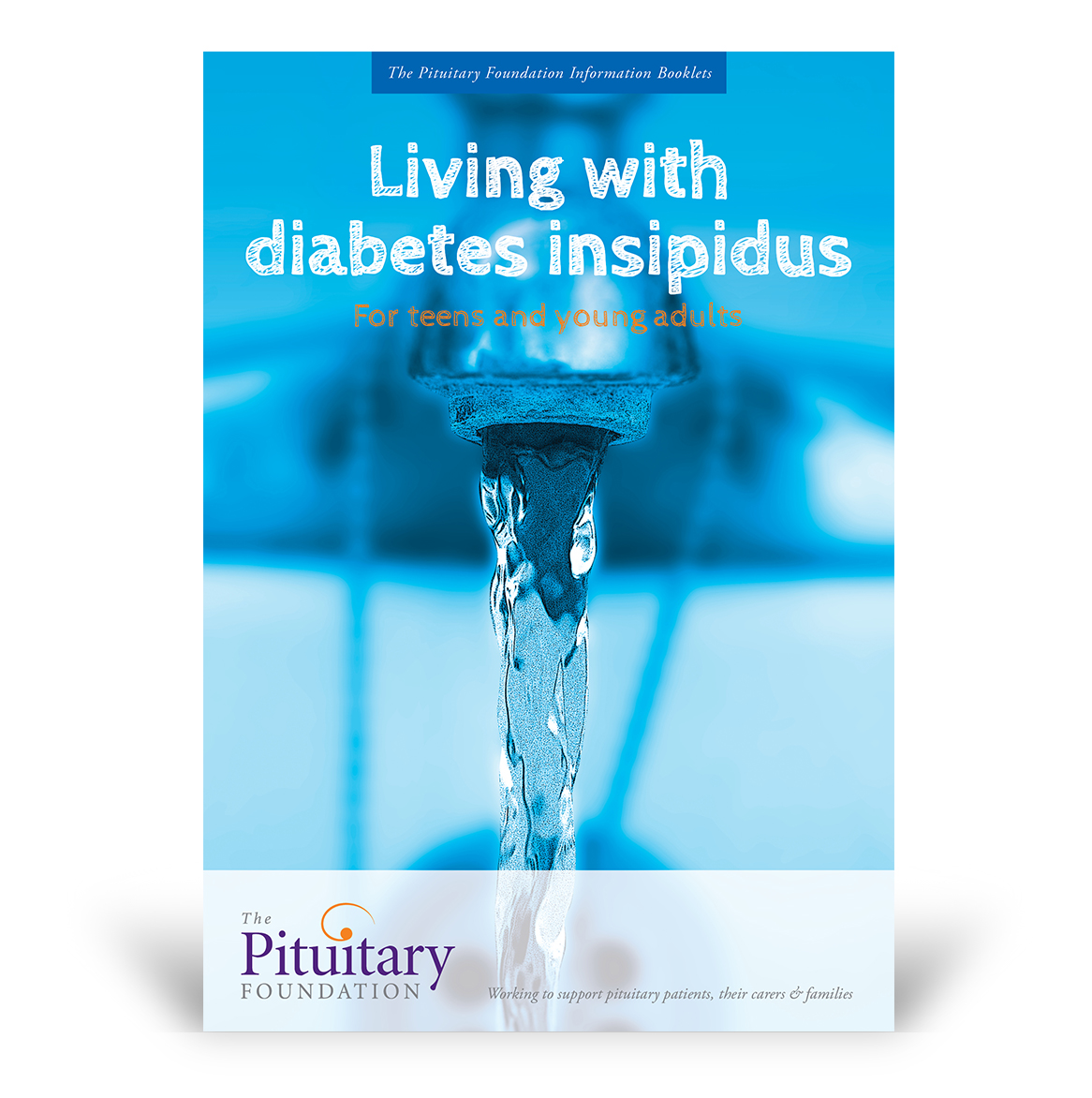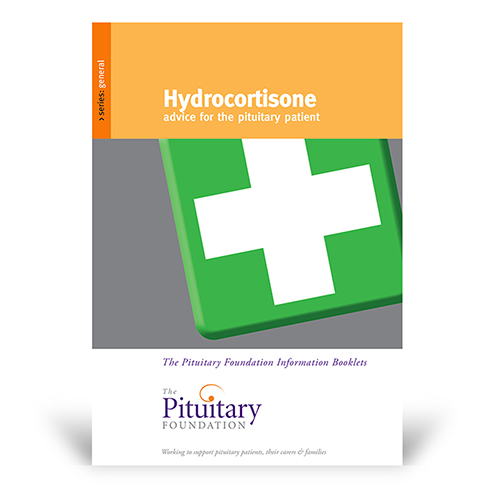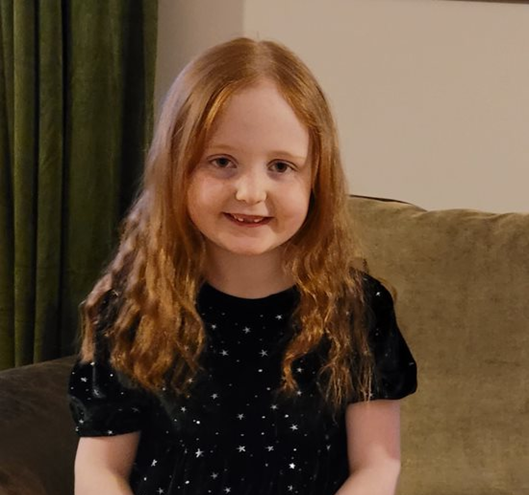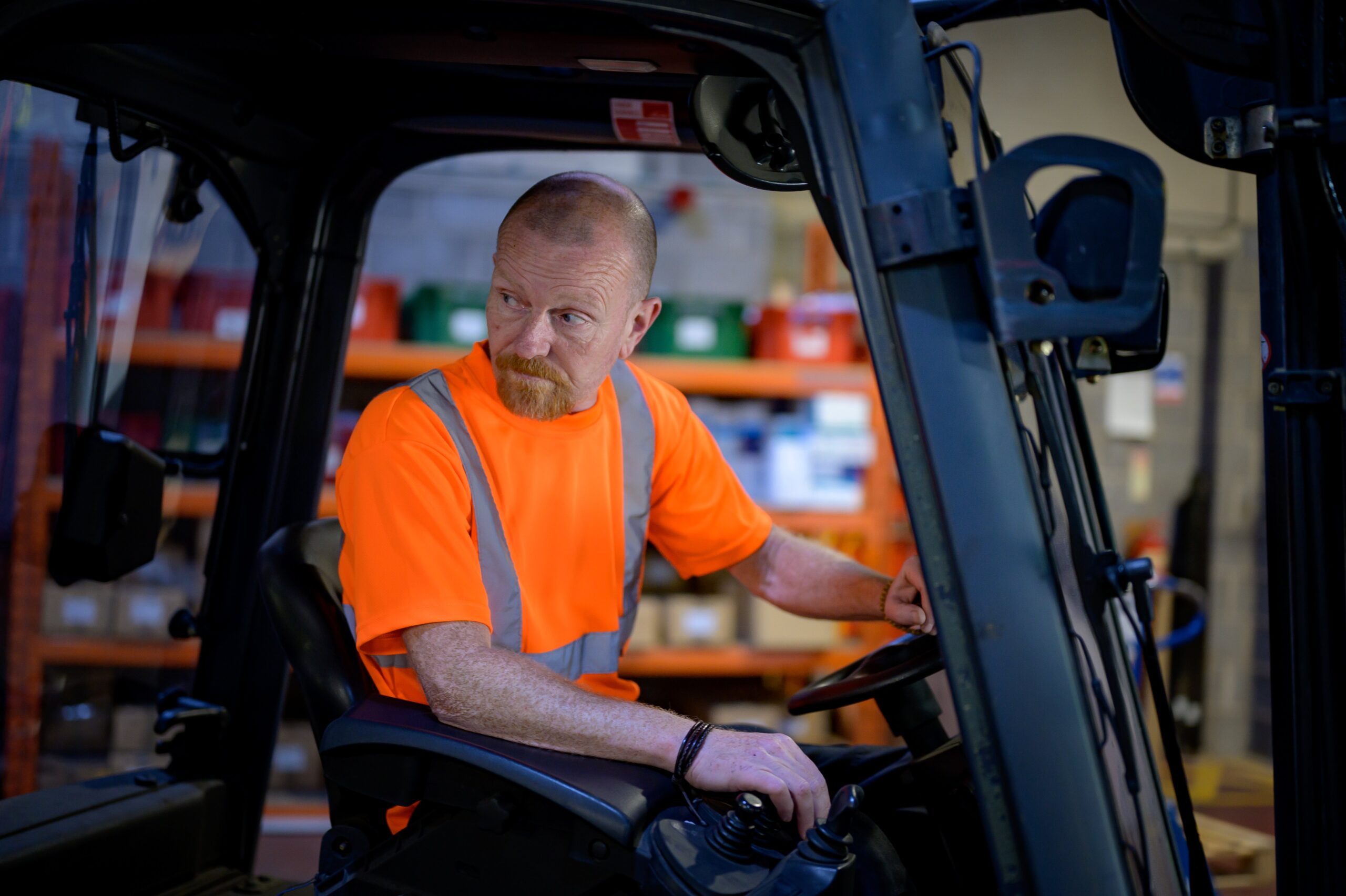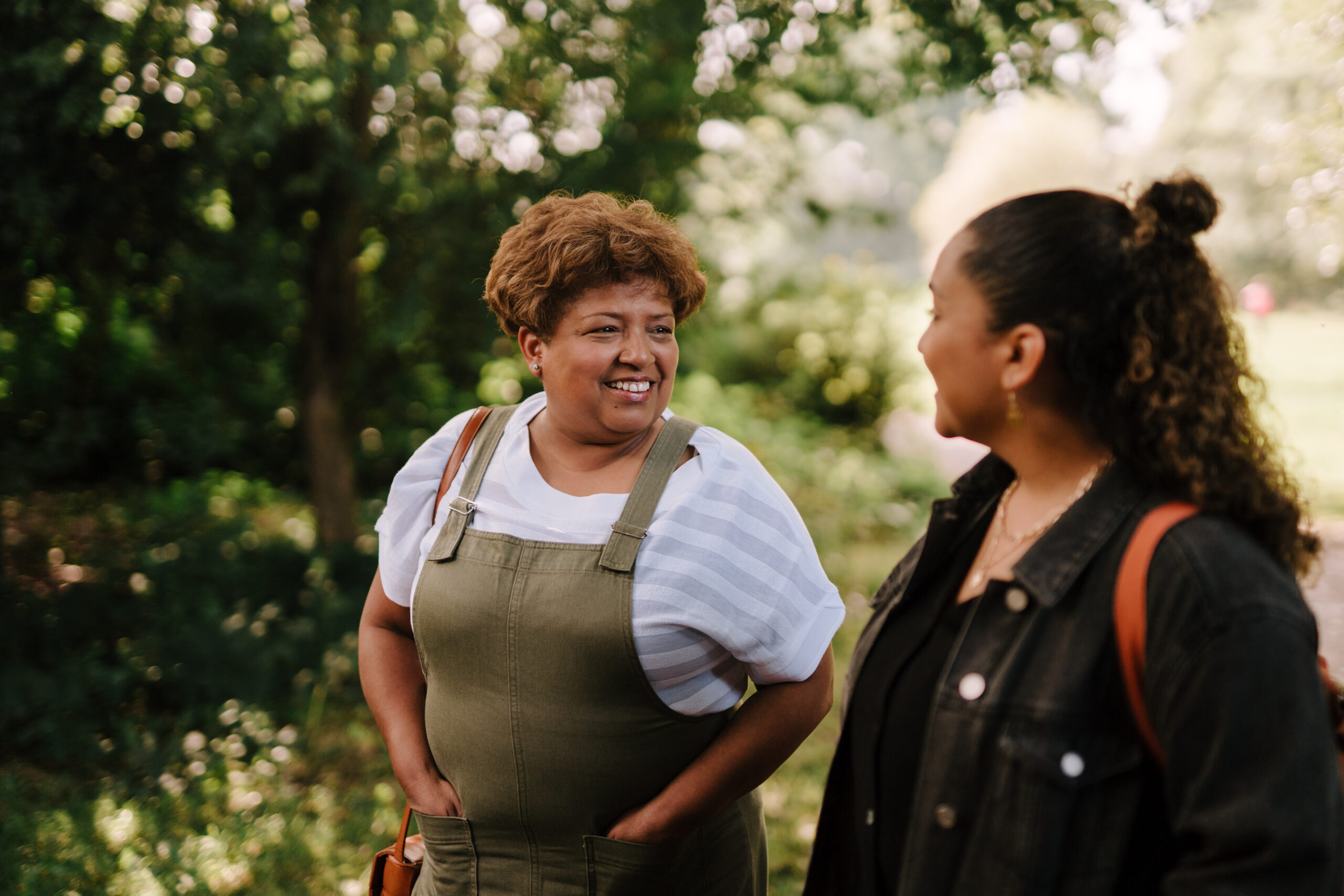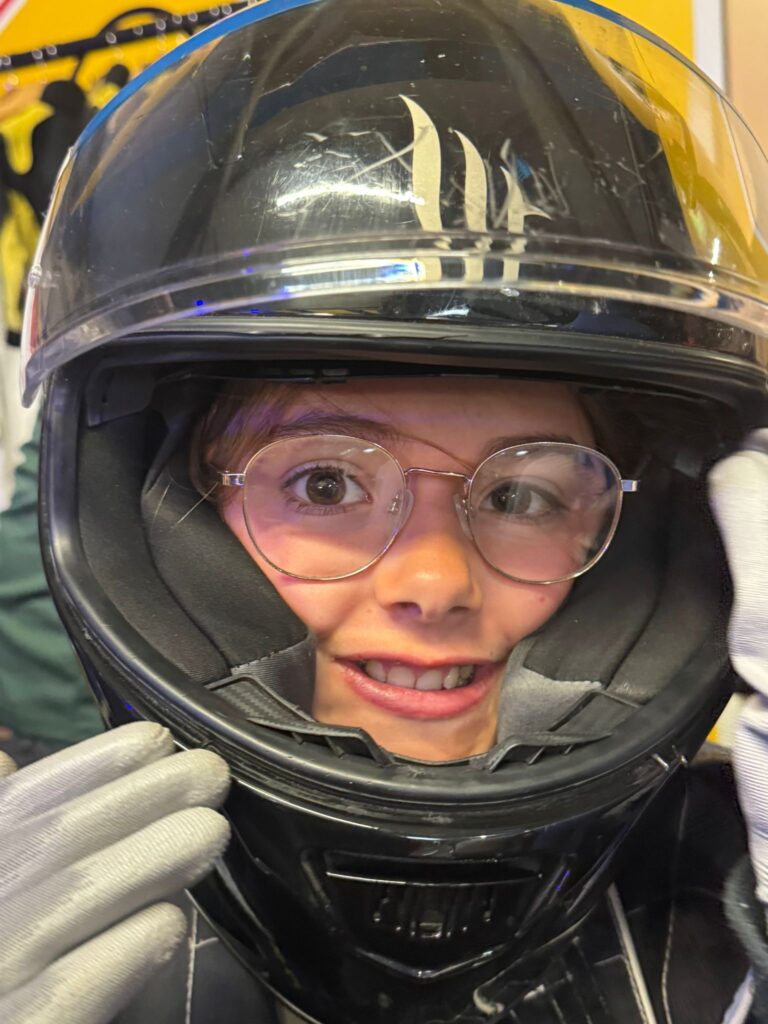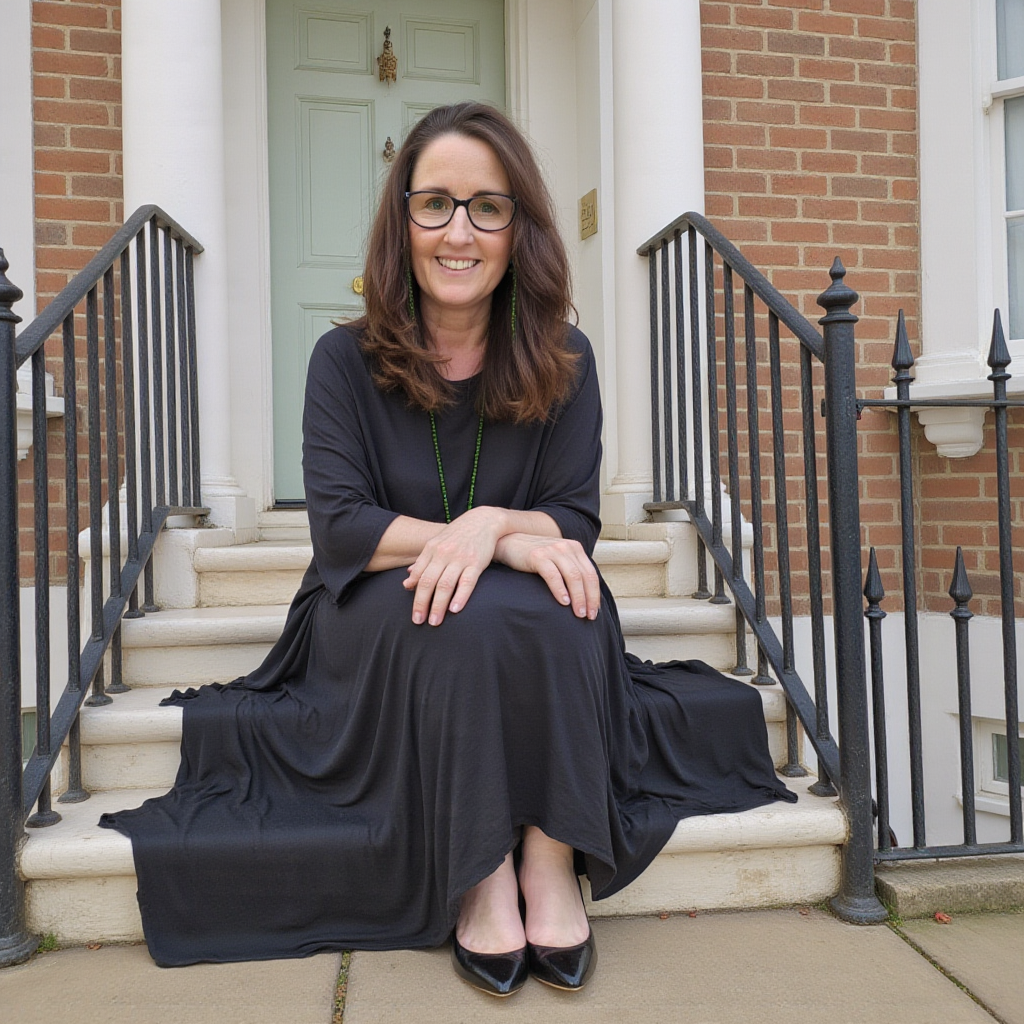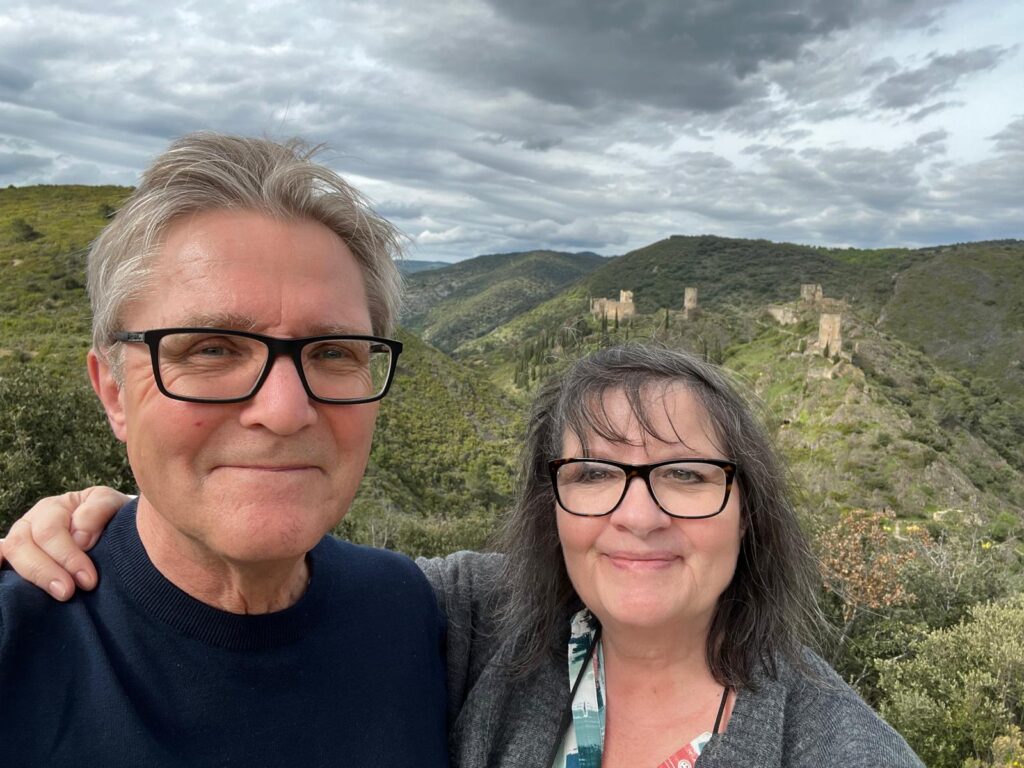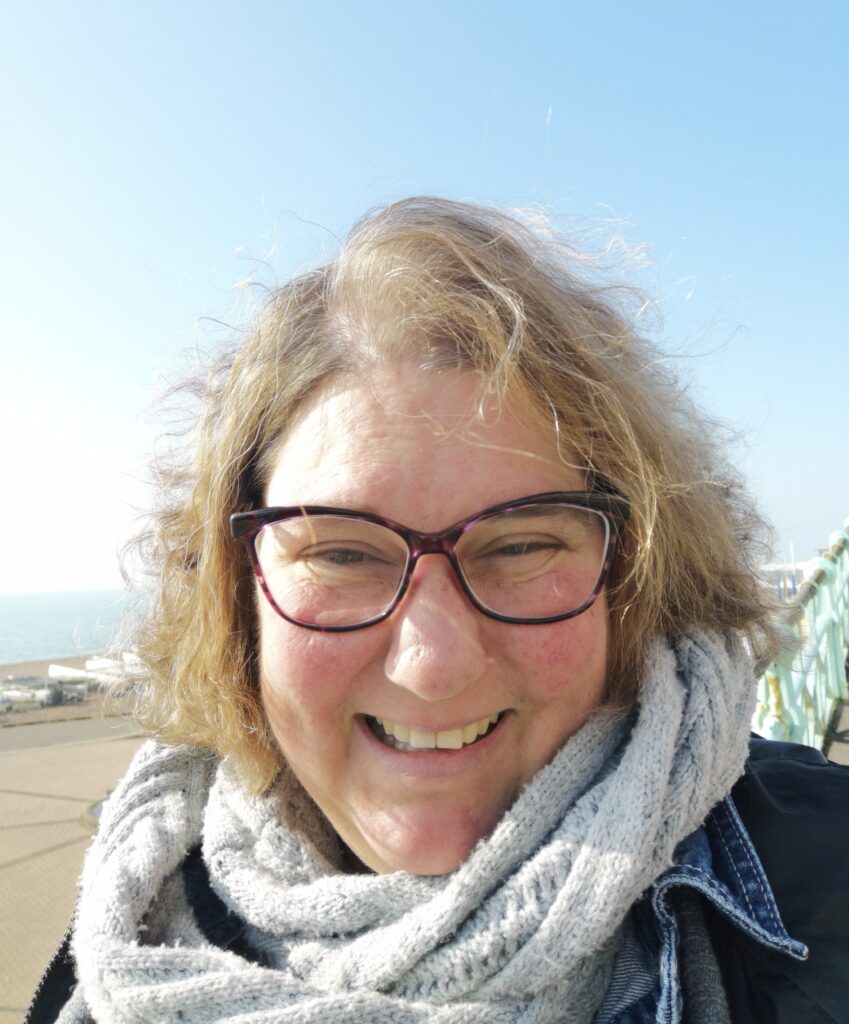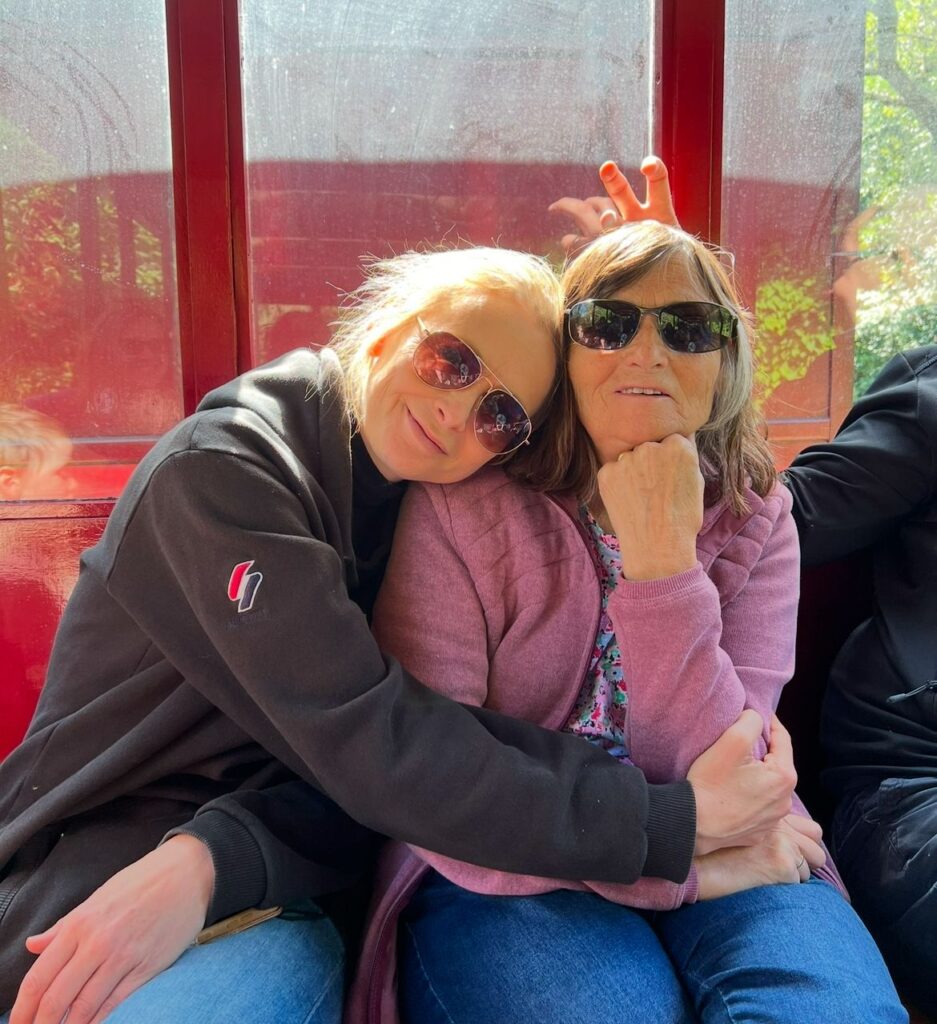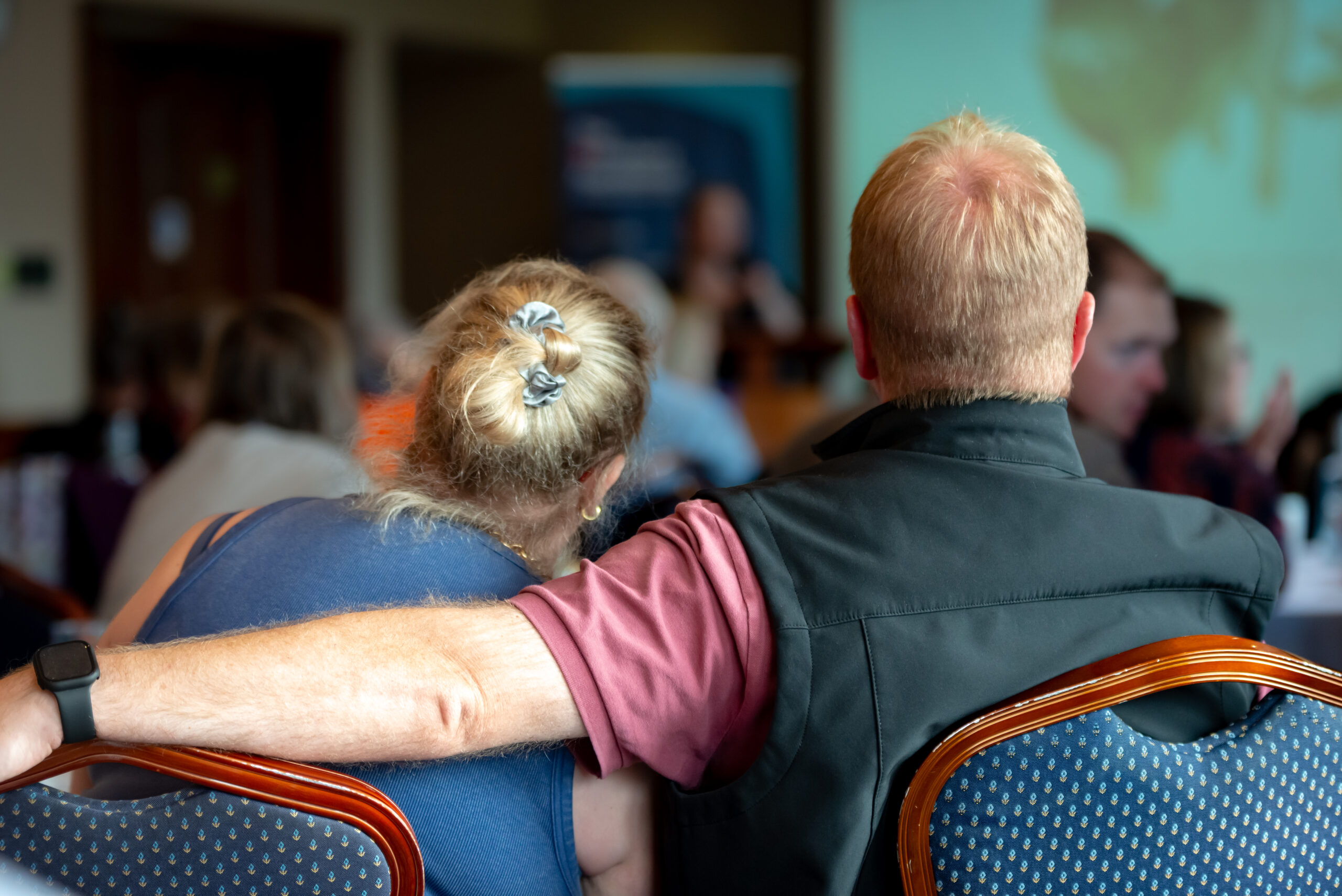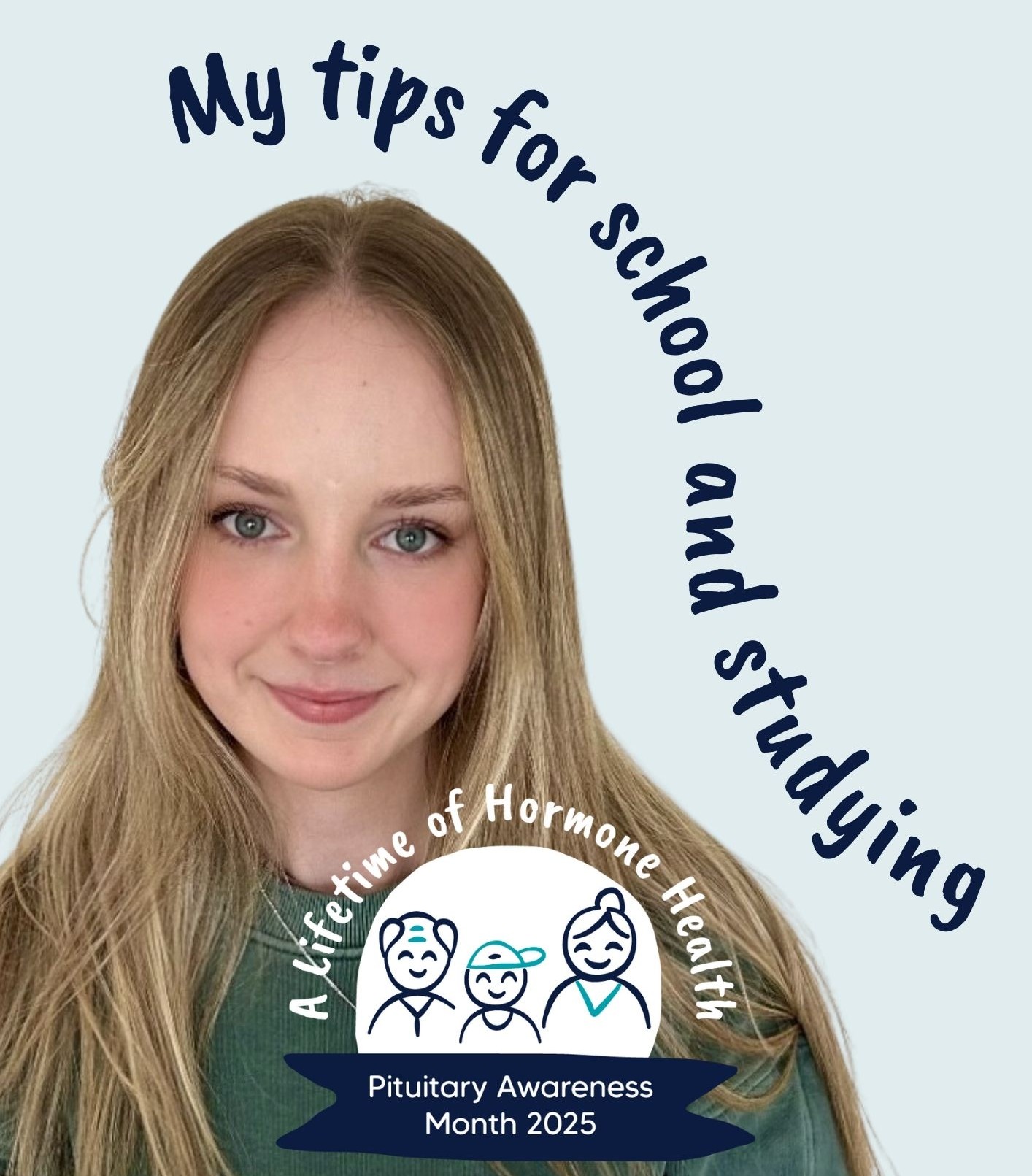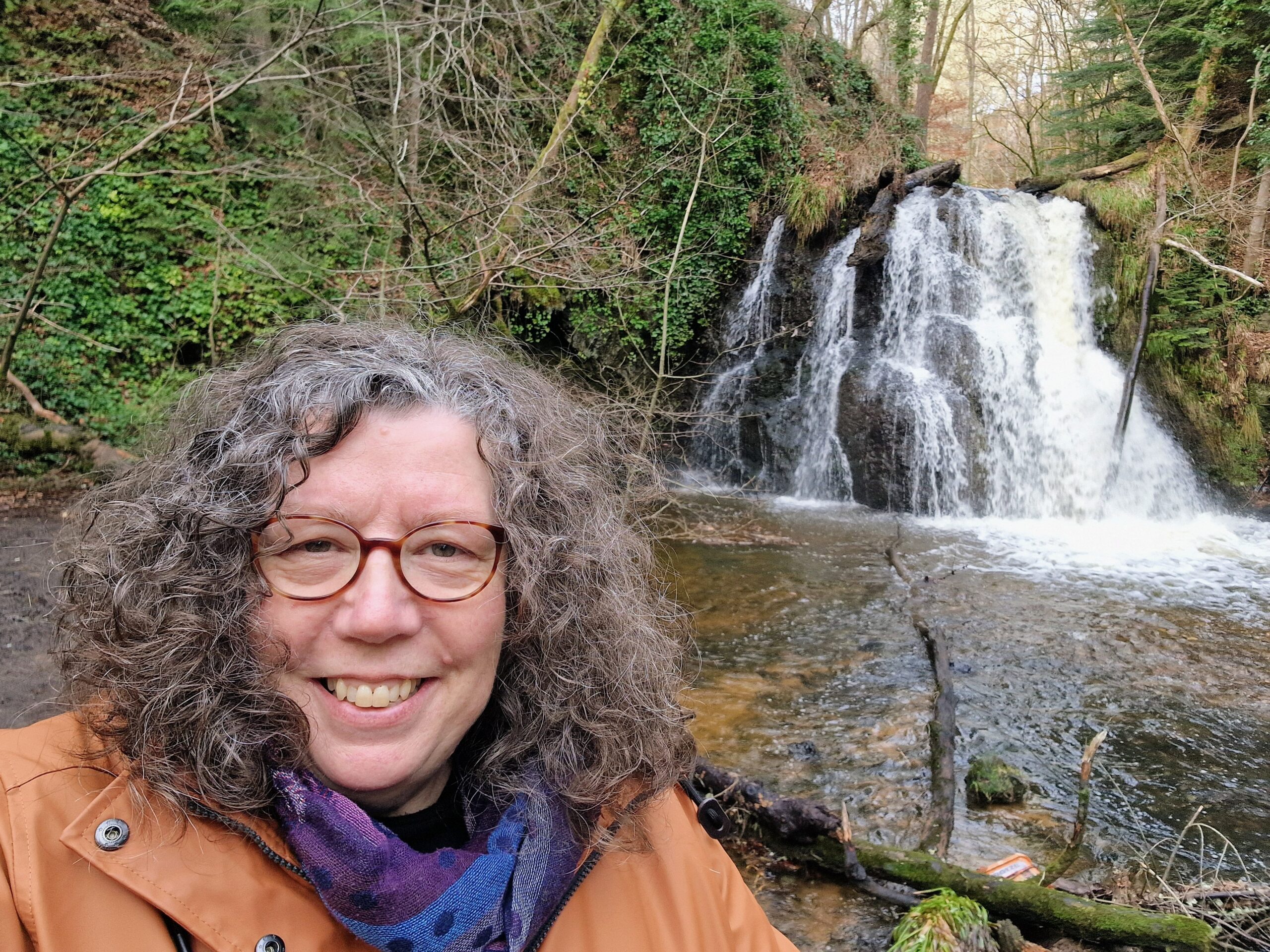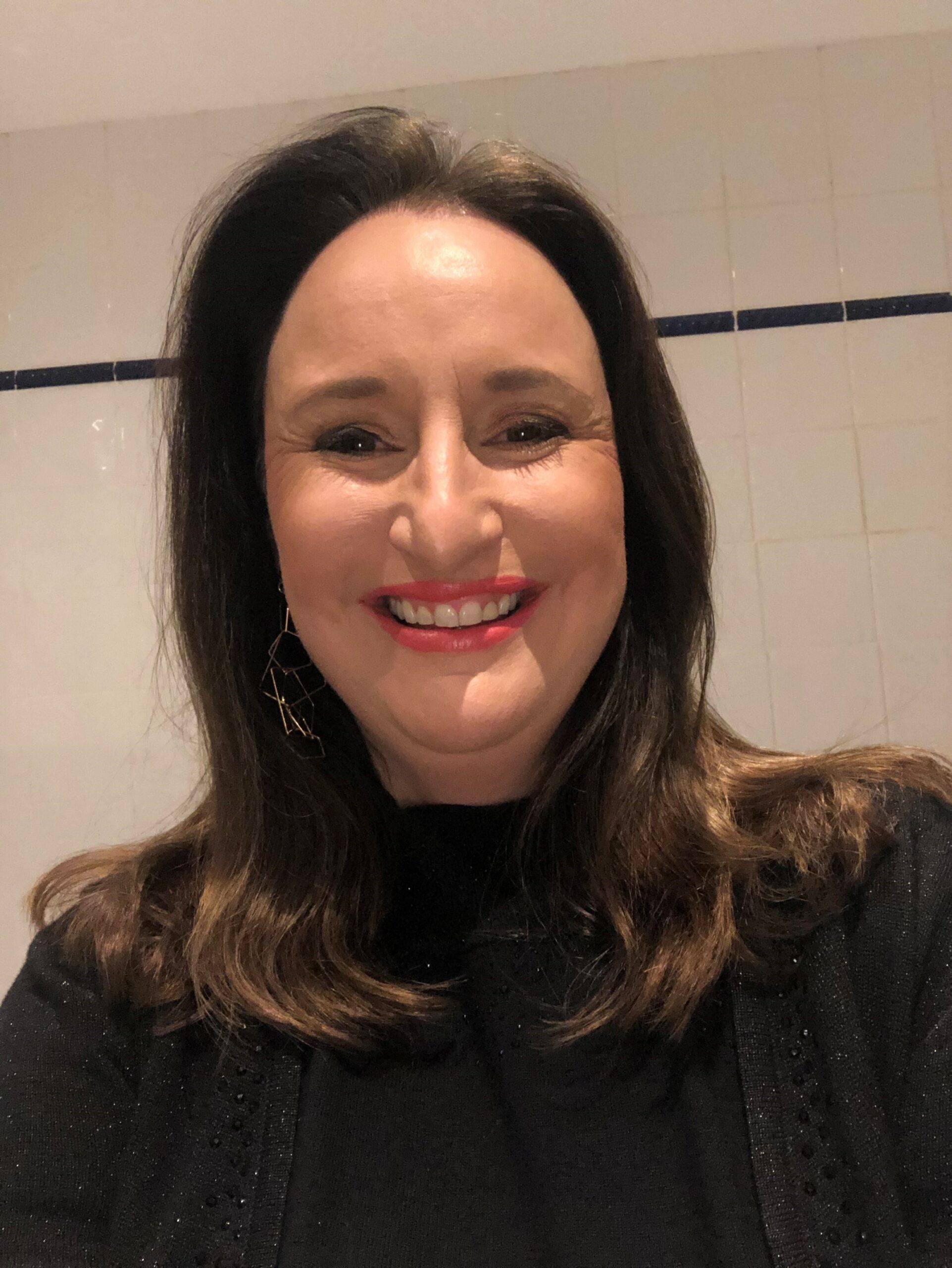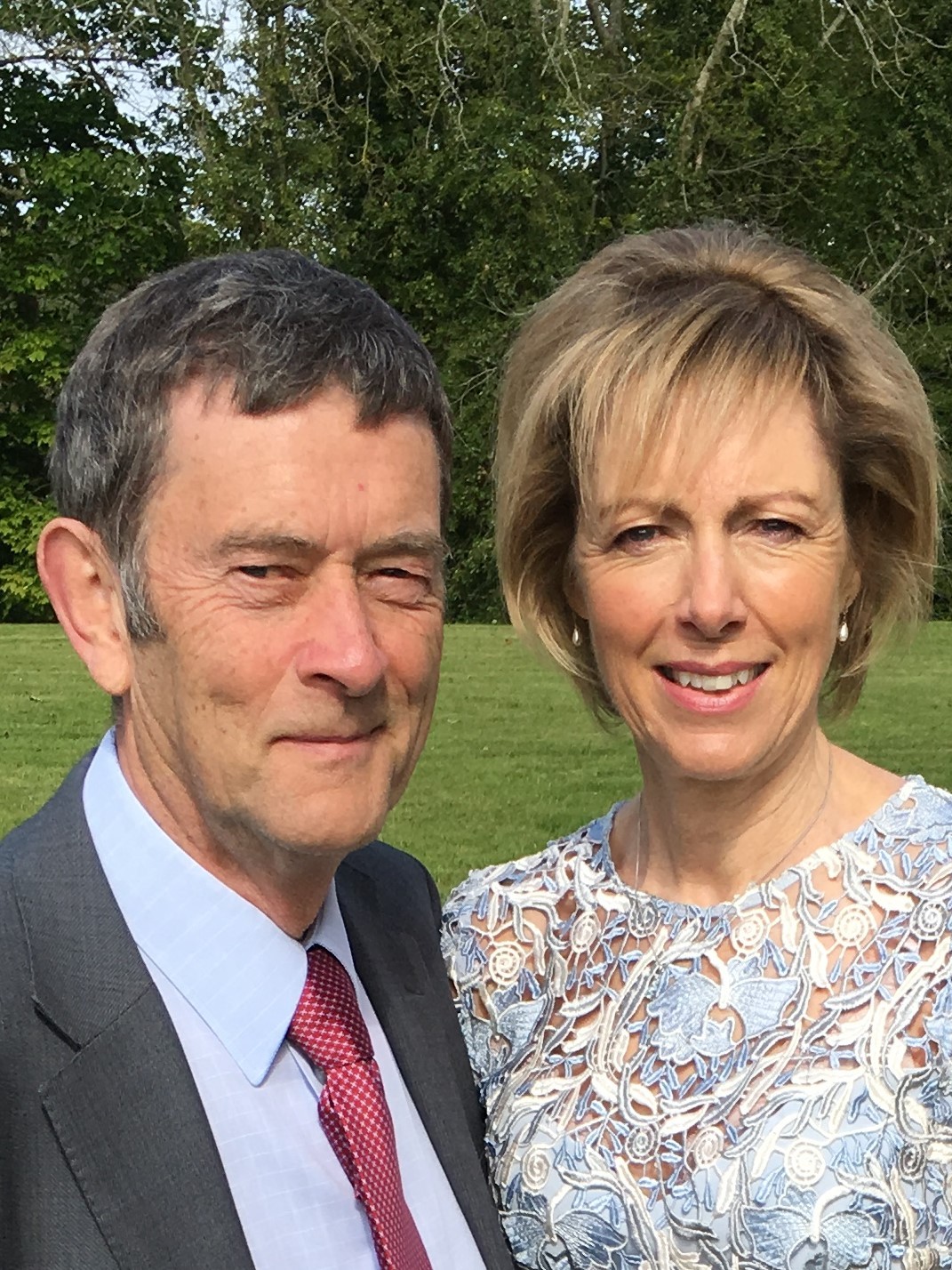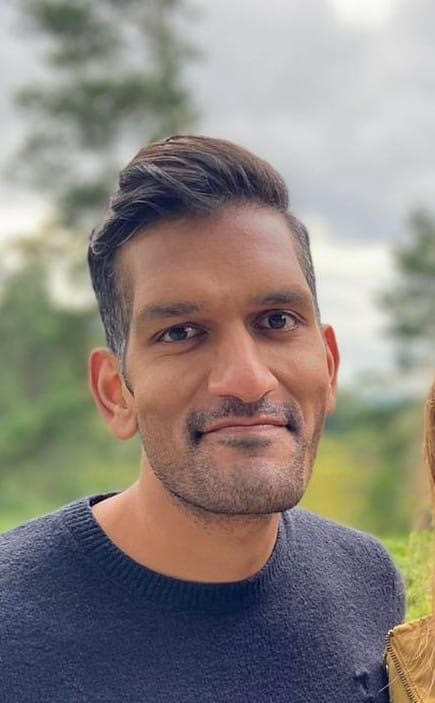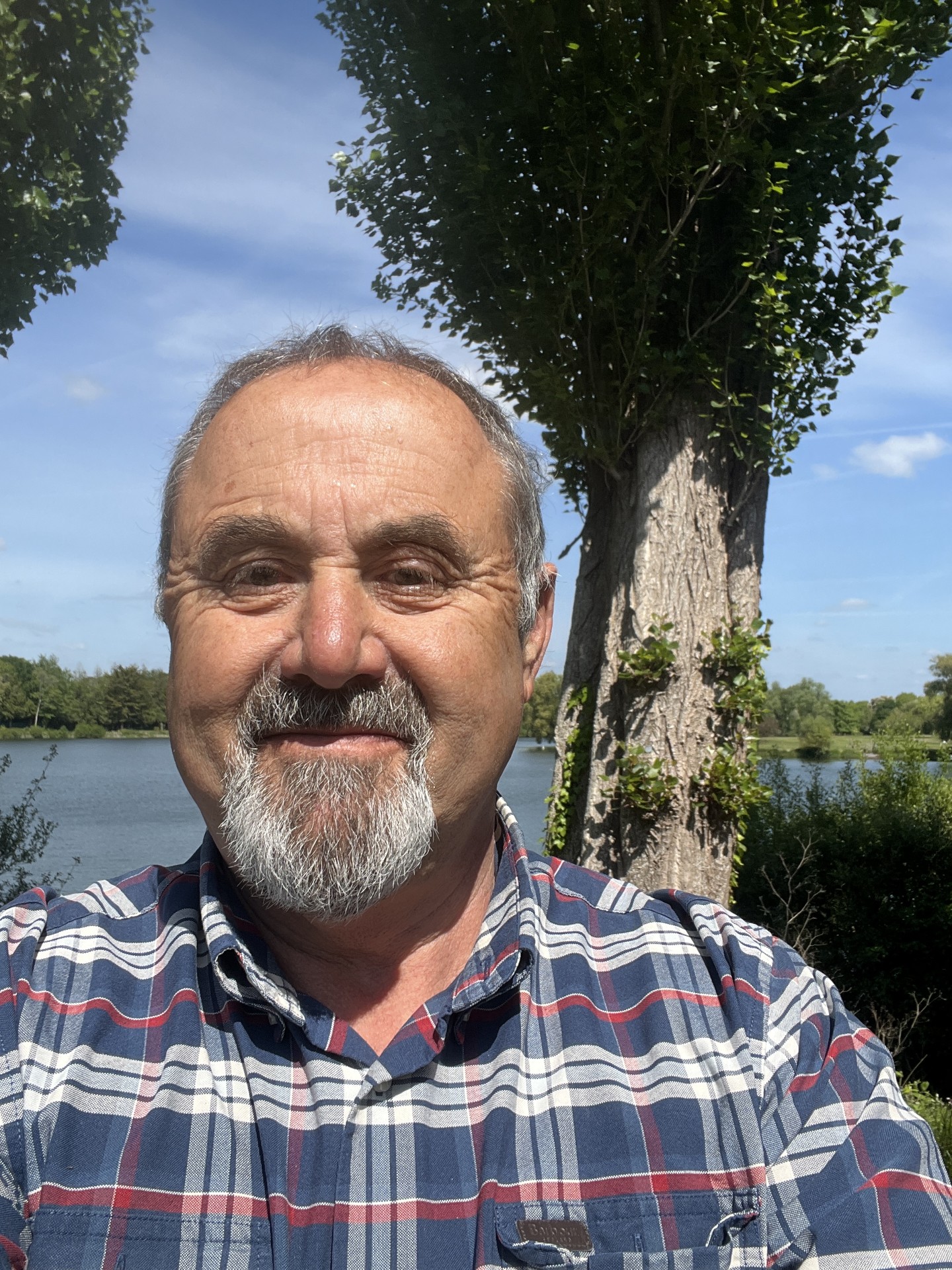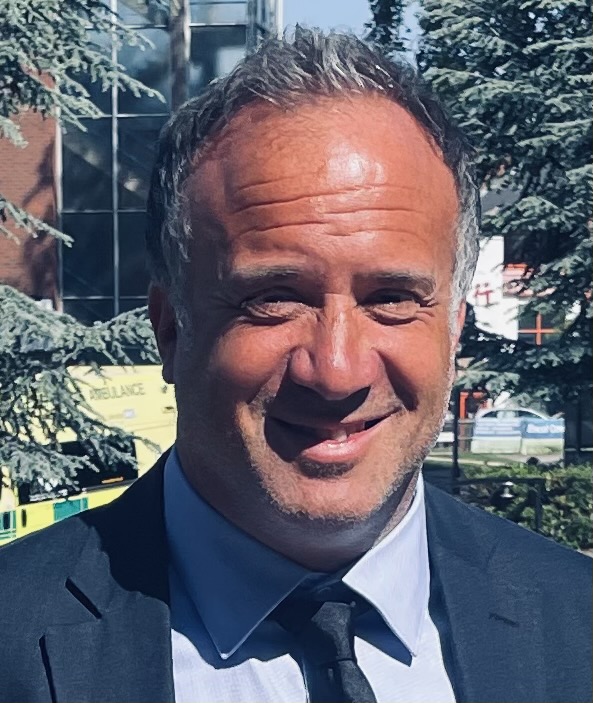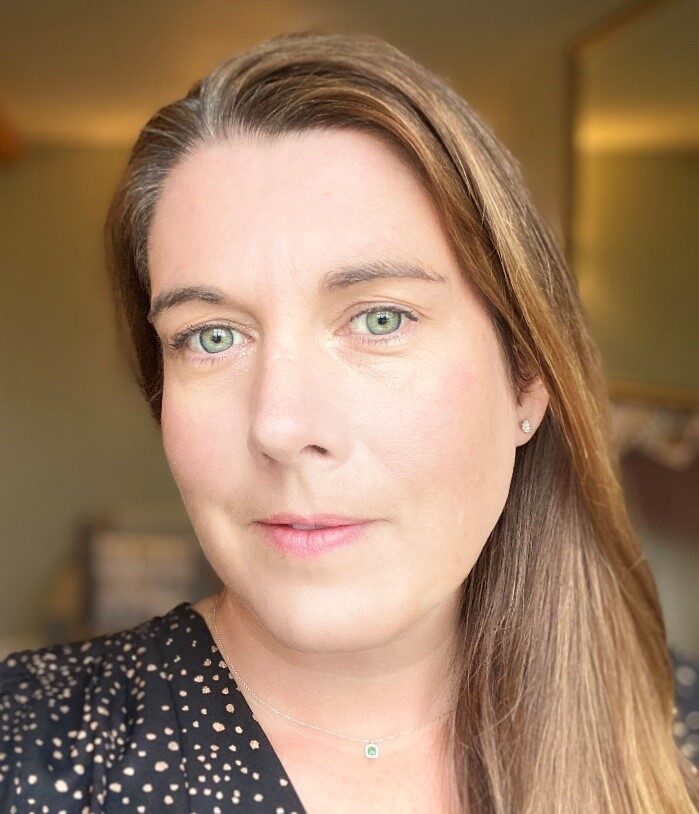Move Your Way: The Pituitary Challenge
When is this happening?
The challenge runs from April 1st to April 31st 2026.
Location
Anywhere! Get moving in your living room, local swimming pool or park, or somewhere else.
How much does it cost?
Nothing! This challenge is free to sign up for, and there is no minimum sponsorship needed. We just ask that you raise what you can to support our work.
Movement target
Choose whatever feels like a challenge for you - this could be walking 5000 steps a day, or swimming every day throughout the month.
Move Your Way: The Pituitary Challenge
Get moving this April with our community movement challenge! You can choose whatever type of movement works for you and set your own movement goal. It's a great way to get active and fundraise to support our work.
Pituitary conditions can affect energy, mobility, mental health and everyday life. That’s why this challenge is about moving in a way that works for you. Whether you walk, cycle, row, stretch, or swim, you can help fund trusted information, specialist help, psychological support and vital services for people affected by pituitary conditions across the UK.
By getting involved, you can:
- Get more active and improve your fitness
- Try out a new activity, like running, swimming or dancing
- Set a movement goal that feels achievable for you
- Raise money to help support everyone affected by pituitary conditions
- Claim your FREE Pituitary Foundation t-shirt to wear for the challenge
Your movement, your pace, your way.
Looking for inspiration?
Meet the fundraisers who have already signed up for the Move Your Way Pituitary Challenge. If you would like to be featured on our fundraising wall, please email [email protected]
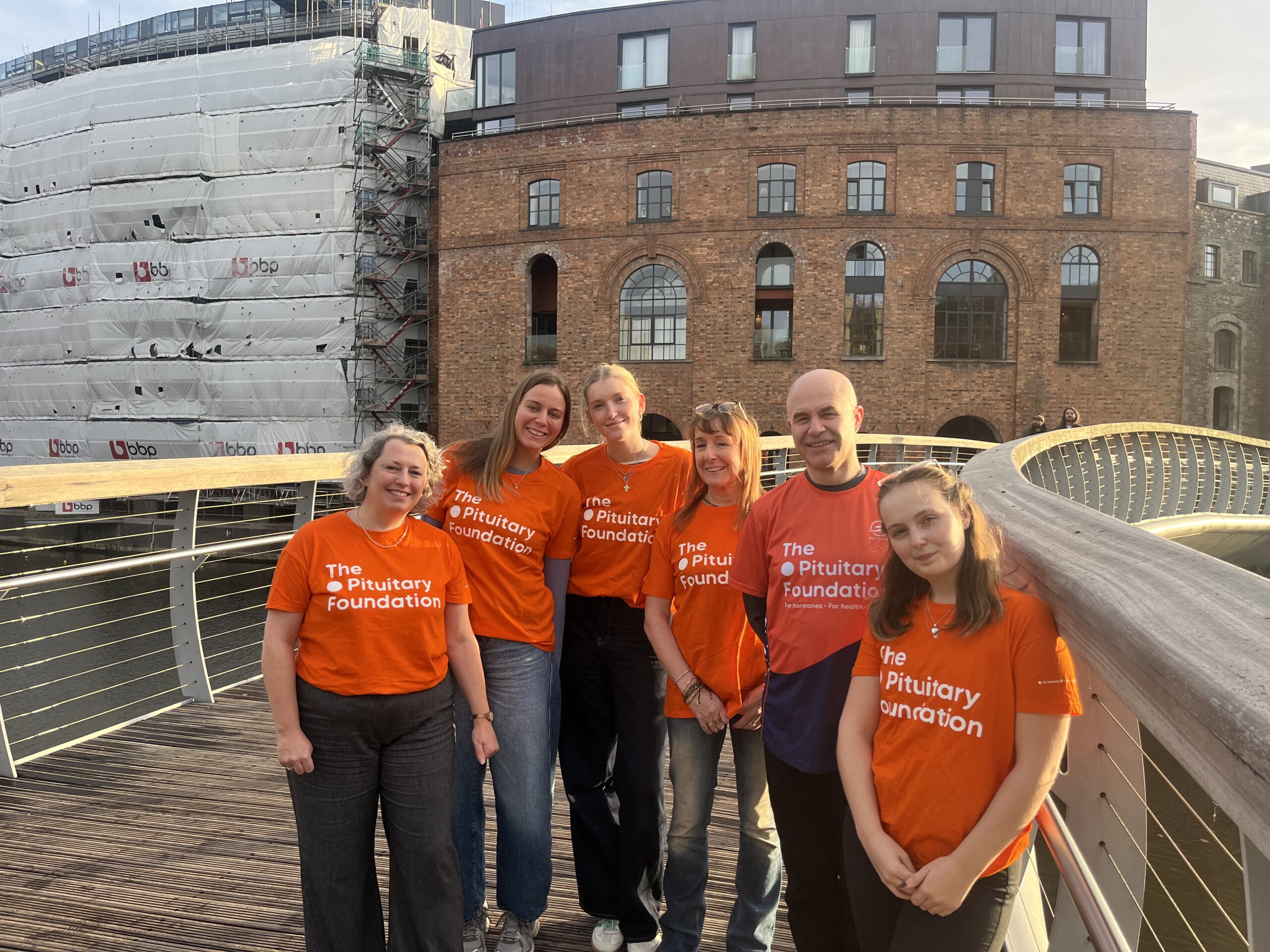
As a team, we will be walking 1 million steps throughout April to get moving and raise money!

As part of the Move Your Way challenge I will be running the London Landmarks Half Marathon and taking part in our team challenge of 1M steps!
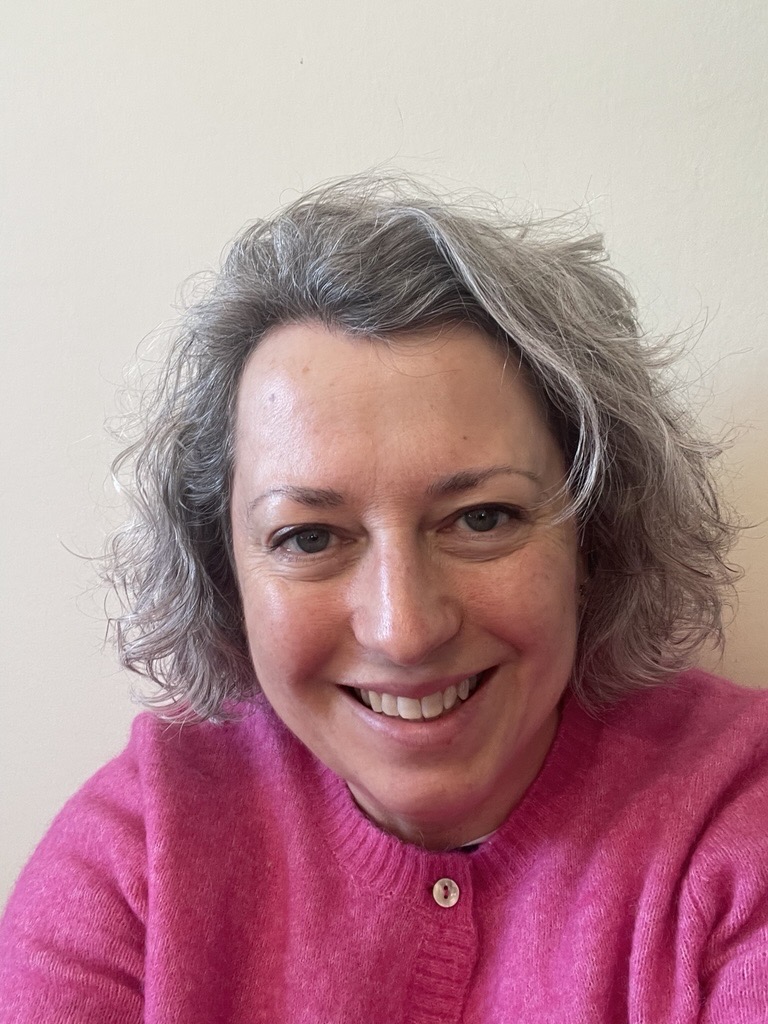
My goal is start and keep up a regular pilates practice - at least 15 minutes a day for all of April! I will also be joining our team step challenge.
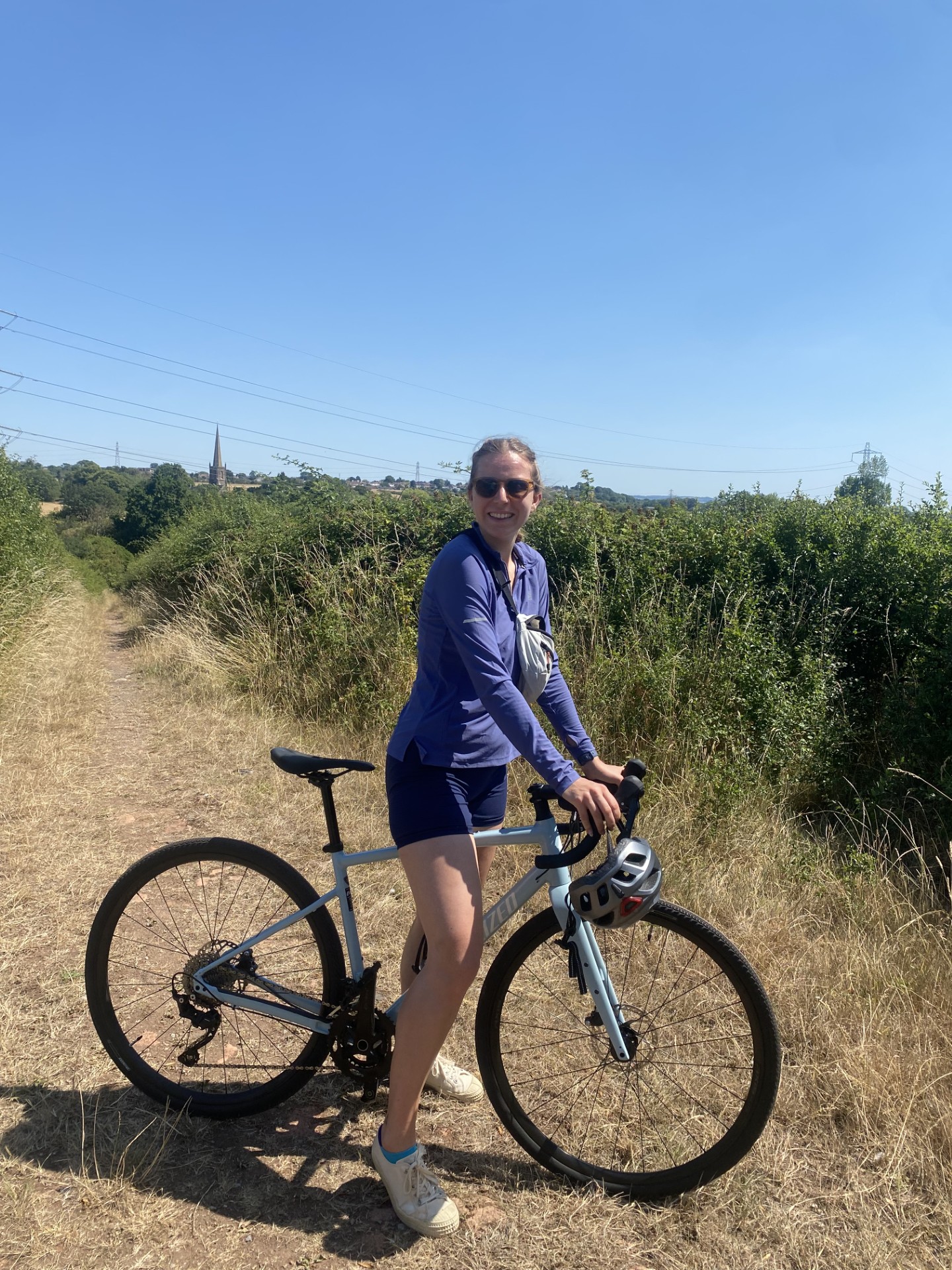
Throughout April, I will be walking 10,000 steps a day, or cycling 10 km!

Not used Just Giving before?
Read our intro guide to find out how to set up a Just Giving fundraising page
Find out moreJoin our Just Giving team page!
Once you have set up your Just Giving page, you can connect your individual page to our #TeamPituitary team page.
Join nowFrequently asked questions
The Move Your Way Challenge is a month-long movement and fundraising challenge taking place throughout April 2026. The idea is that people get involved by choosing a type of movement they want to do, setting a goal for that movement and then working towards that goal throughout the month.
A lot of fundraising challenges are designed around a set type of movement (like running), which may not work for everyone. We wanted to create a challenge that everyone can take part in, so that whatever way you want to move, you can do it!i
This is also a fundraising challenge, as friends, family, colleagues and others will donate to your fundraising page to support your efforts. There is no minimum sponsorship amount that you need to reach to take part. However much you raise will make a huge difference to people affected by pituitary conditions.
Yes! What’s so great about this challenge is that it can be whatever you want it to be. If the goal you set at the start feels too much or too little, you can change it if you wish. The whole idea is to get active, how you choose to do this is up to you.
Your movement, your pace, your way!B
- Go to www.justgiving.com and set up a fundraising account and fundraising page
- Choose ‘The Pituitary Foundation’ as the cause you would like to support
- Fill in the details of your fundraising event and set a target fundraising amount
- Personalise your page – here you can add details of what your movement goals are, add photos and track your progress
- Connect your individual fundraising page to our Team Pituitary Move Your Way Page, by following this link.
We are happy to help sign people up or help with setting up fundraising pages. Give our office a call on 0117 370 1333 if you have any questions, and we can give you a hand.

After last year's success, we are bringing back the Big Give! This is a way to make your generous donations have an even bigger impact.
We were blown away by your incredible support of last year's Christmas campaign, so we have brought it back for a second year. We sincerely thank everyone who took part last year, for their generous support of our work. After last year's success, we wanted to ask if you would kindly consider supporting our Christmas Challenge 2025.
What is the Big Give?
The Big Give is a charity partner who run matched fundraising campaigns, to help charities maximise their donations. They are running the Christmas Challenge that we are taking part in.
Double your donation for no extra cost!
Our Christmas Challenge Big Give campaign will run from 12pm (midday) on Tuesday 2 December to 12pm (midday) 9th December. During this time, all donations made via the Big Give website will be matched (up to £5,000)!
What does matched fundraising mean?
Our Christmas Challenge is supported by a few generous pledgers, who have pledged to match any donations we receive. If you donate to our Christmas Challenge, your donation will be matched by our pledgers. This means that your donation is effectively DOUBLED, without you needing to spend any more money!
If you are a UK tax-payer and eligible for Gift Aid, this also increases your donation even further! (You don't need to do anything to pay this - the government pays it on your behalf.)
For example...
How do I donate?
It's easy! Simply follow the steps below to get involved.
From 12pm Tuesday 2 December:
- Go to our page on the Big Give website
- Donate through the page
- See your donation matched by our pledgers!
On behalf of everyone affected by pituitary conditions in the UK, thank you for your support this Christmas.
How your support helps us
Thanks to your support, we were able to make some great changes! We have brought on a new staff member who is managing our health information booklets. This helps to give you better, more updated health information that can support you though your pituitary journey. Feedback from you, our community, has highlighted how crucial these resources are through every step of diagnosis, treatment and life after.
Over the past year we have also introduced a brand new counselling service to our portfolio, which has been invaluable to many. We’ve hosted three ‘Get-Togethers’ across the UK which have been very well attended, hosted a dedicated Acromegaly Day in London and we have continued to make great strides in ensuring that we are there for everyone in the pituitary community.
We want 2026 to be even better, and with your support we can do this!
This year, Trustees’ Week is taking place from the 3rd to 7th November 2025. This is a national celebration which aims to recognise and celebrate the vital work of trustees.
The Pituitary Foundation is lucky to be led by an excellent team of eight trustees and is in the process of welcoming three additional new members.
Our trustees play a vital governance role, ensuring The Foundation operates effectively and in line with our mission and objectives. Our trustees help set strategic direction, oversee financial management, ensure compliance with legal and regulatory requirements, and support our CEO and staff.
I wanted to contribute to the work The Foundation does to support those affected by pituitary conditions. - Jenny Phillips, trustee
Trustees also act as ambassadors for The Foundation, using their skills and experience to guide decision-making and promote the charity’s work. This can be anything from presenting at external events on our behalf to even attending our regional conferences.
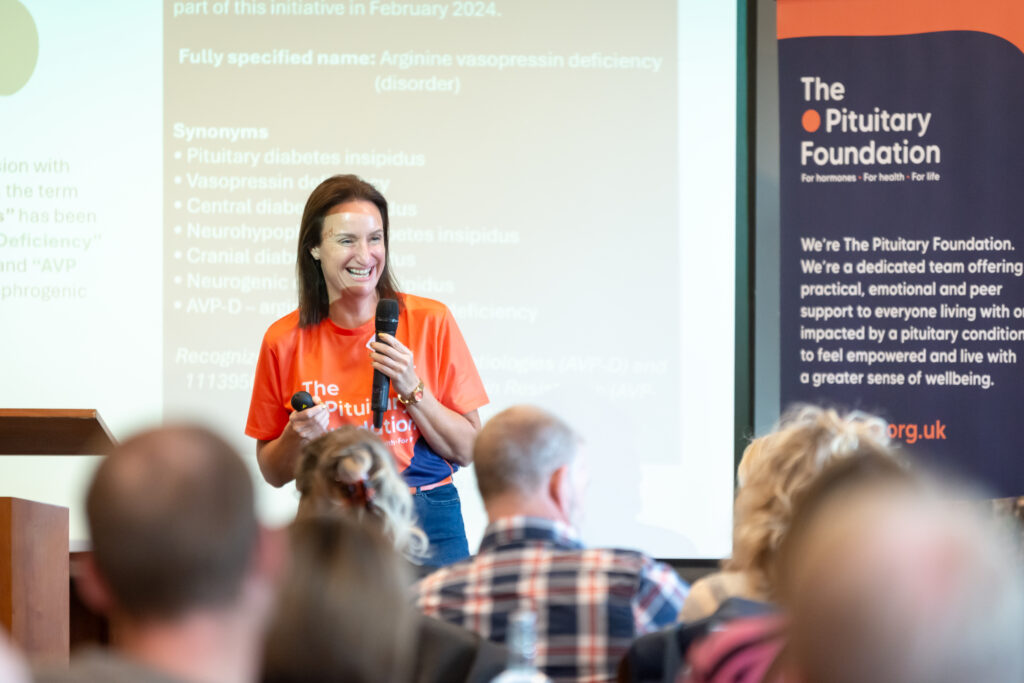
Our trustees, like our members and volunteers, are spread across the UK, with the furthest distance between two trustees being Exeter to Edinburgh! Our trustees mainly stay in touch virtually, but they come together in-person at least once a year in Bristol.
Working with a team that is genuinely dedicated to improving awareness and providing resources brings a deep sense of fulfilment - Debbie Cooper, trustee
Our trustees each bring a vast range of experience to the Board, including financial, legal, policy, advocacy, clinical, lived experience of pituitary conditions, and more.
The Pituitary Foundation undoubtedly couldn’t do the work it does without the guidance and support of our wonderful trustees! So, we want to say a huge thank you to them, for their continuous contributions to our community.
Find out more about our trustees below.
The Foundation’s mission resonated with me and I was eager to support its initiatives - Debbie Cooper, trustee
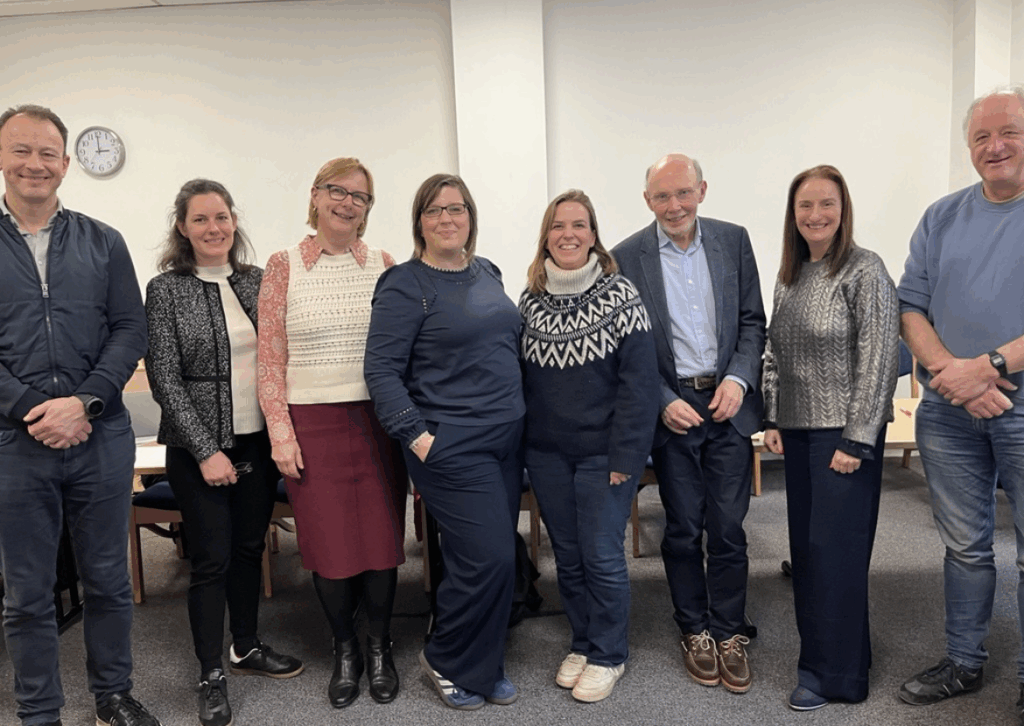
Welcoming New Trustees
This year, a number of our existing trustees reached the end of their term and retired. This came after many years of dedicated support to our work, which we are incredibly grateful for. As a result, we have now recruited 3 new trustees to join our Board. This includes...
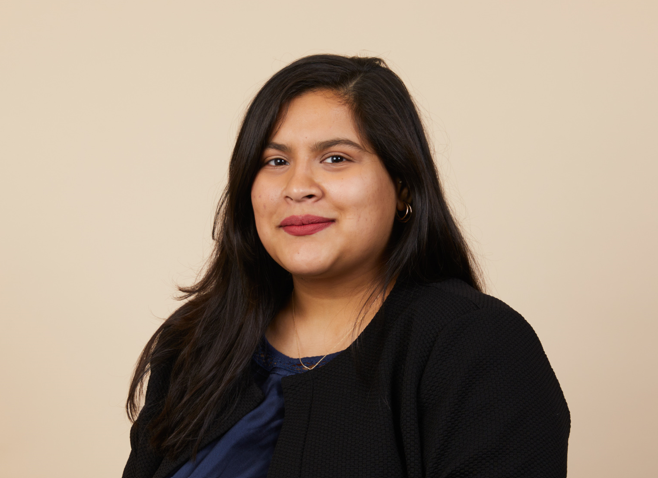
Nazifa Chowdhury
Nazifa is a barrister and former solicitor who is keen to bring her experience in the legal field to support The Foundation to achieve its vision, mission and 2023-2027 strategy. She joins our Board as a legal expert, to support the running of The Foundation and our wider work.
Dr Niki Karavitaki
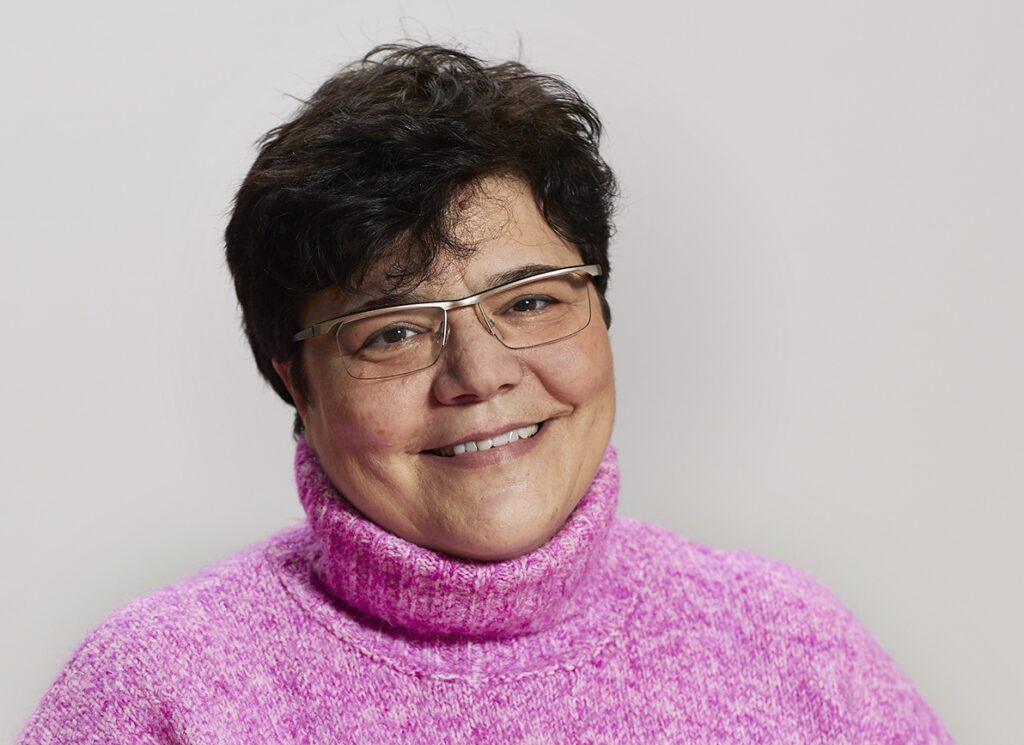
Niki has been a member of our Medical Committee for many years and recently joined our Board of Trustees, as a medical trustee.
Niki is a professor of endocrinology at the University of Birmingham and an honorary consultant endocrinologist at the University Hospitals Birmingham NHS Foundation Trust. Her clinical and research work mainly focuses on hypothalamo-pituitary conditions, and she has published extensively on the field. She is a co-lead of the Pituitary Service and leads the academic clinical training in Endocrinology and Diabetes at the University of Birmingham.
She is actively involved with national and international endocrinology bodies and societies (including the Society for Endocrinology UK, European Society of Endocrinology, European Neuroendocrine Association and Endocrine Society USA). She has contributed to the development of various international consensus and guidelines on pituitary disease and she is deputy editor of the European Journal of Endocrinology.
Sherwin Criseno
Sherwin is a long-standing member of our Medical Committee and recently also joined our Board of Trustees as a medical trustee.
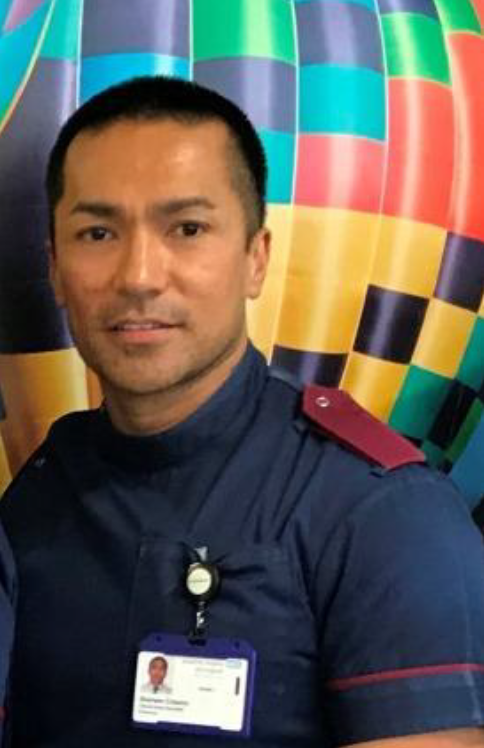
Sherwin is a consultant nurse in endocrinology at University Hospitals Birmingham NHS Foundation Trust, where he leads the largest team of specialist nurses in endocrinology in Europe. With a clinical focus on pituitary tumours, adrenal insufficiency, andrology, metabolic bone and calcium disorders, adult growth hormone deficiency, and the late effects of cancer treatment, Sherwin brings extensive expertise to some of the most complex areas in endocrine care.
A passionate advocate for patient empowerment, he champions education, collaboration, and meaningful engagement as essential components of high quality care. Sherwin holds several national leadership roles. He is a trustee of the UK
Society for Endocrinology, a member of both the NICE Osteoporosis Clinical Guideline Committee and the NICE Osteoporosis Quality Standards Committee. He also serves as an honorary associate clinical professor of nursing at the University of Birmingham.
In parallel with his clinical and academic roles, Sherwin is undertaking doctoral research as an NIHR clinical doctoral research fellow, with a focus on growth hormone deficiency in adults.
Being diagnosed with a rare, long-term health condition in your early years can be challenging for young people and their families. A lot of young people with pituitary conditions feel different from their friends and worry about missing out on normal childhood experiences, such as school, holidays and further education.
Whilst there will be additional things to consider to manage a child's condition and help them stay healthy, it's very possible for them to have the same experiences as friends and other young people. Below are a few inspiring stories from young members of our community, who haven't let their pituitary conditions hold them back.
Young people's stories
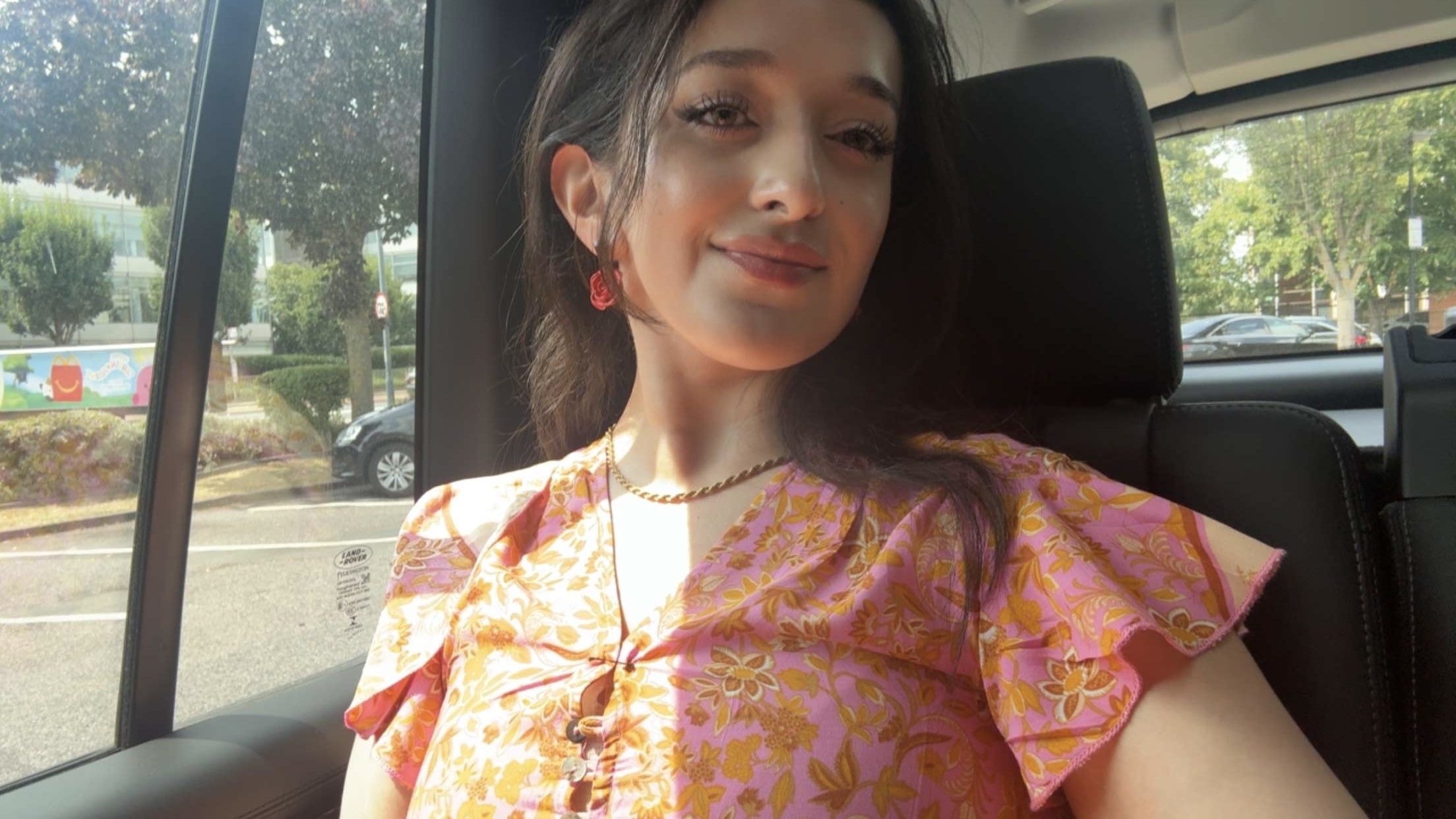
Defying expectations and shaping your own experience
Since being diagnosed with panhypopituitarism in childhood, Aleha struggled with the limitations placed on her by others. Instead of being defined by her condition, she chose to push past others’ expectations and decide for herself what her future would look like.Longer reads and videos
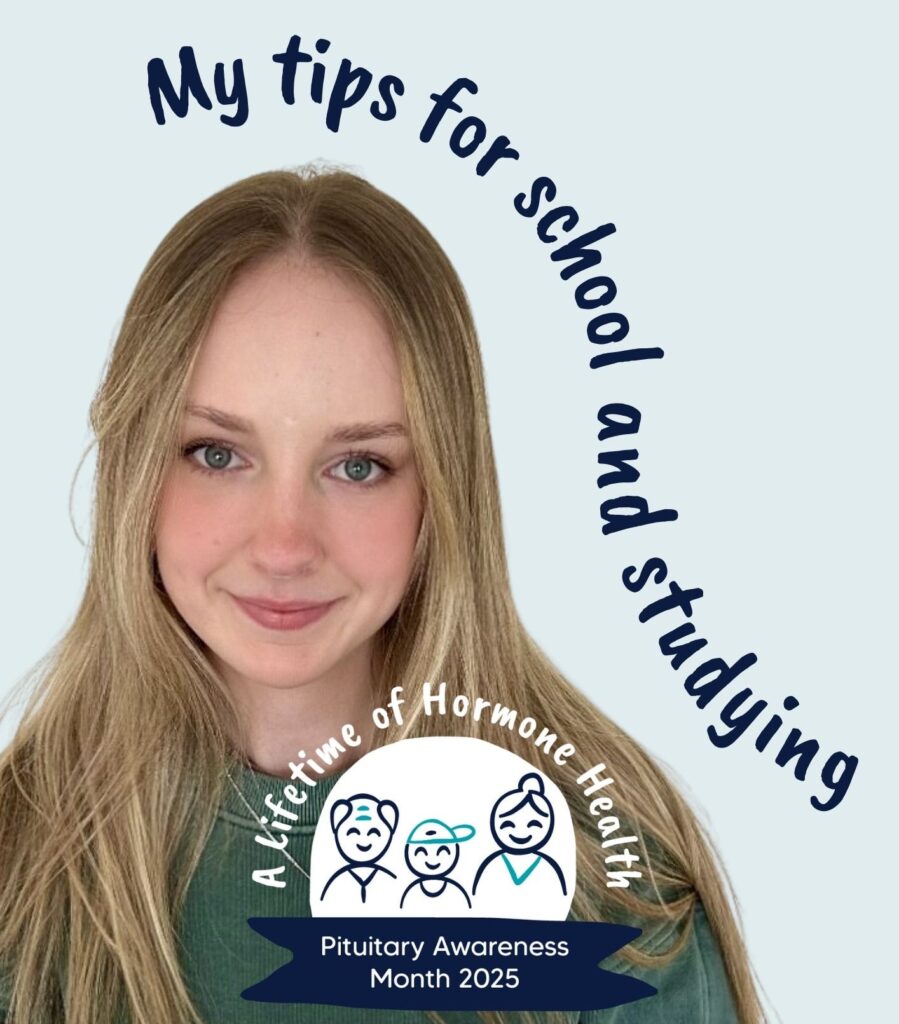
Jess' tips for school and studying
Jess shares her top tips for making school easier if you have a pituitary condition.
In this talk, Indi and Helen discuss the signs to look out for that could indicate a pituitary condition in childhood, such as delayed or excellerated growth and puberty. They also explore the treatments available for pituitary conditions in childhood and how to be prepared for adrenal crises situations in children.
Further information

Child Growth Foundation
The CGF provide expert information and support for children with growth conditions, including those caused by pituitary conditions. They have a great selection of videos and infographics for parents and children
See more
Young Minds Trust
The Young Minds Trust provide mental health support for young people and their parents.
View their website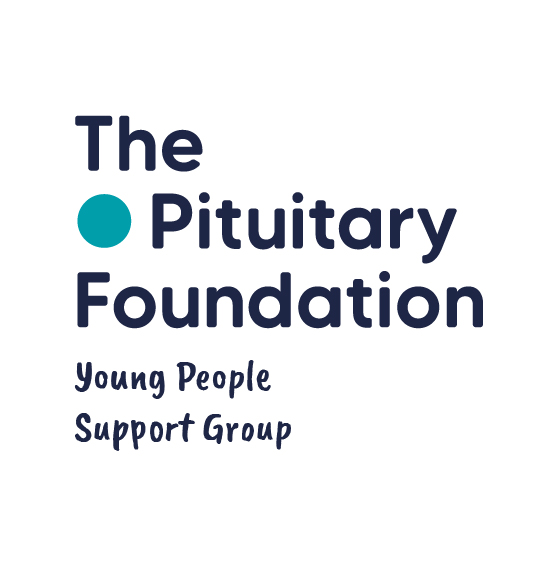
Our Young People’s Support Group regularly meets online and provides community and support for young adults (18-30) with pituitary conditions. You can sign up to their next meeting or follow them on Instagram, @young.people.support.group
Find out moreFor many people, a diagnosis of a pituitary condition is life-long. This can impact different aspects of your life, from school and education, to work, relationships, family life and more. At The Pituitary Foundation, our role isn't just to inform you about pituitary conditions and their management. We are also here to help you live well with a pituitary condition, whatever stage of life you are in.
This is why, for Pituitary Awareness Month 2025, we've created our 'A Lifetime of Hormone Health' campaign; to share stories, resources and information to support you and your hormone health, throughout your life.
Take a look at our Lifetime Content below, to find resources to help you. We hope you will find comfort and support in the content shared, and will feel empowered to manage your pituitary condition across your life.
Explore our Lifetime Content
How you can get involved
Join our online events
Share your own pituitary pathway
This month, we're asking our community to get involved with 'A lifetime of hormone health' through sharing your own lifetime journey with a pituitary condition.
You can download and print out your own pituitary pathway, to share your journey and your own pituitary milestones. If you would like to have your pituitary pathway featured on our wall below, email it to us at [email protected]
You can also share your pathways on social media! Be sure to tag us in your photos and use the hashtag #ALifetimeOfHormoneHealth
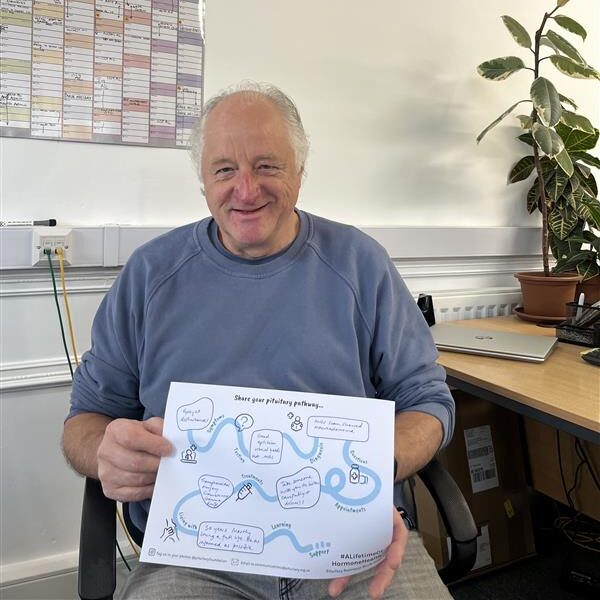
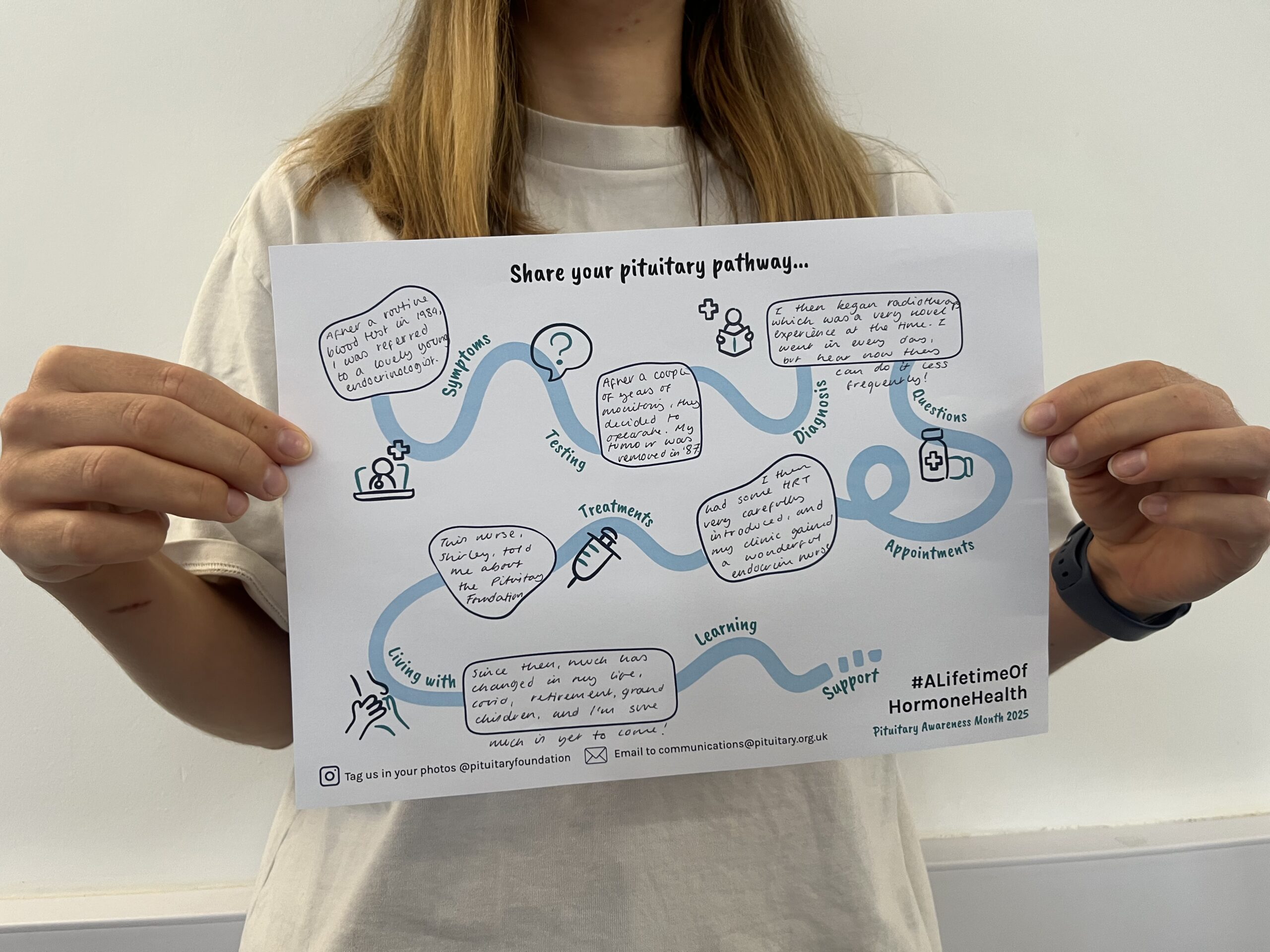
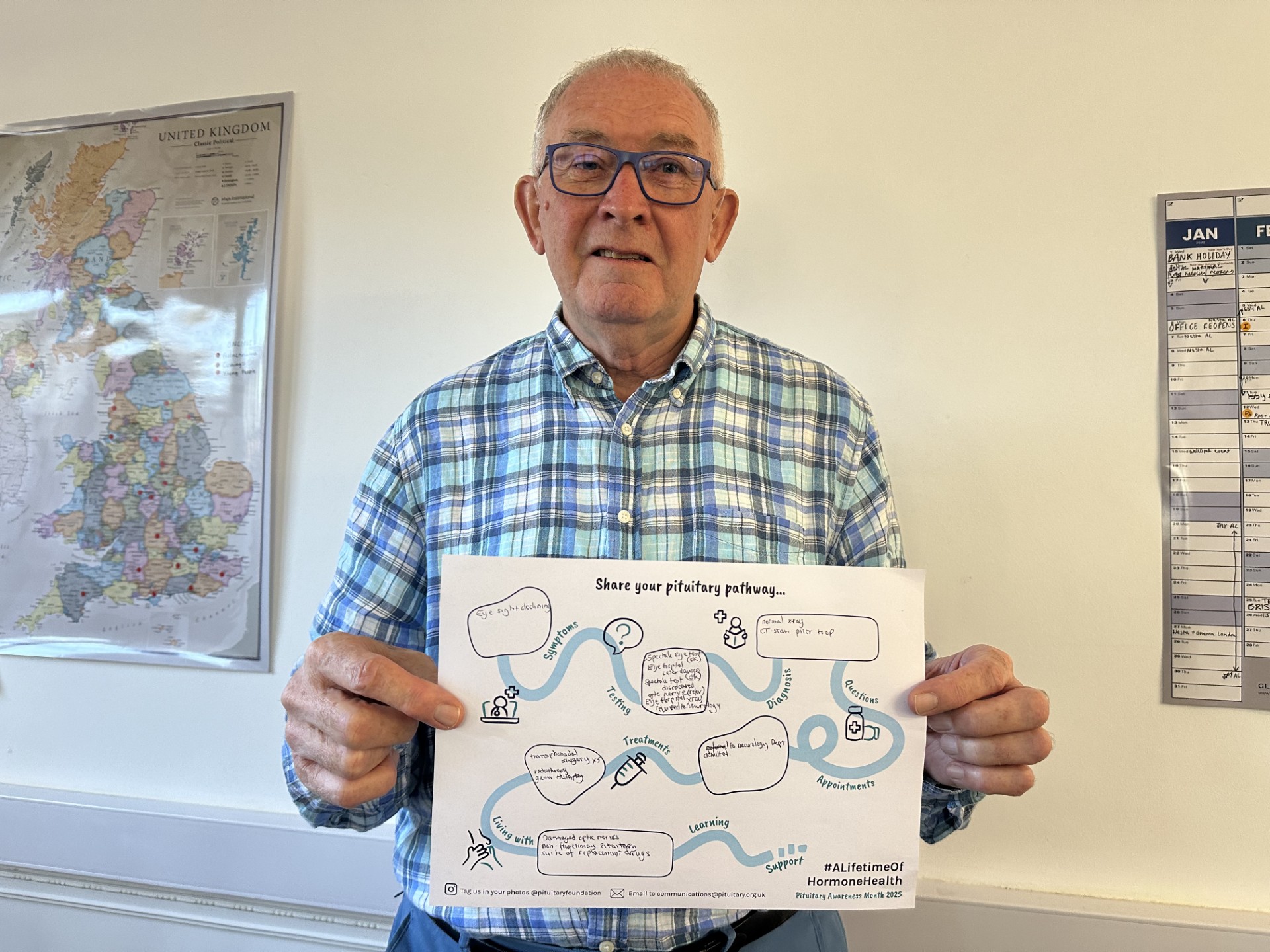
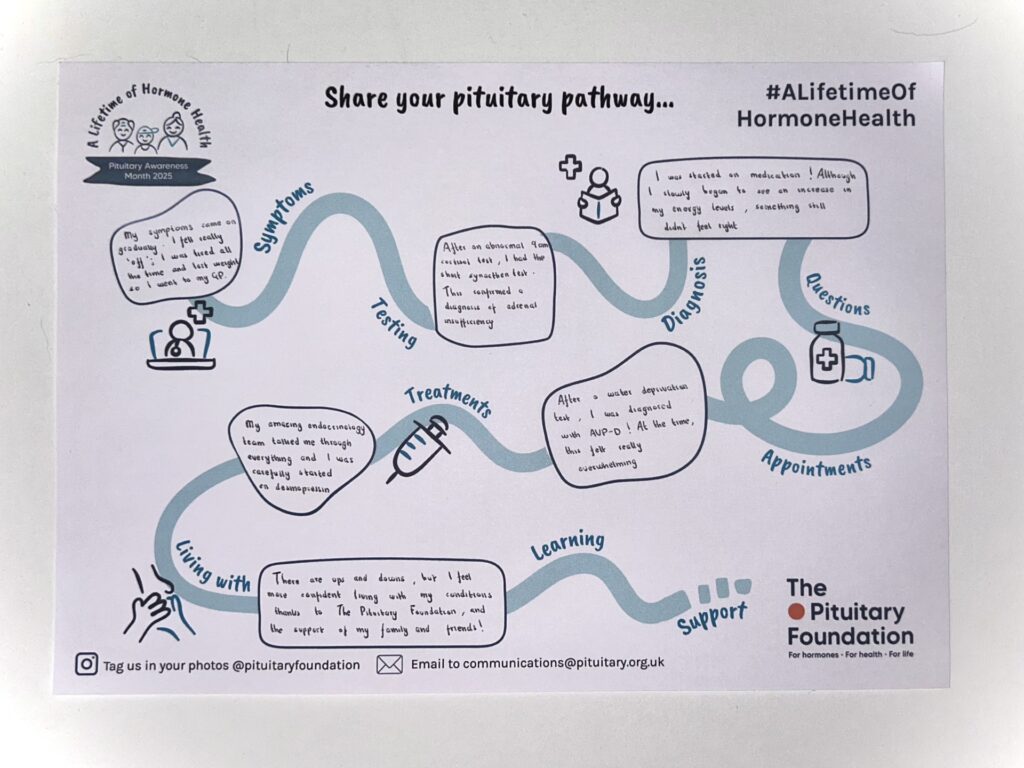
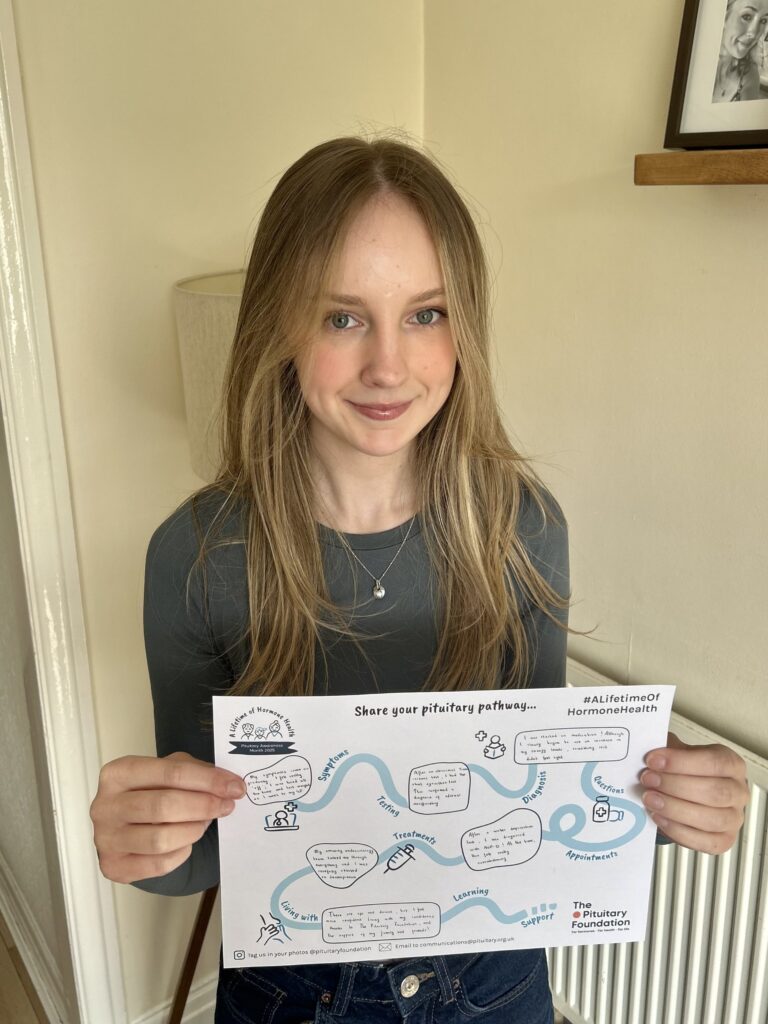
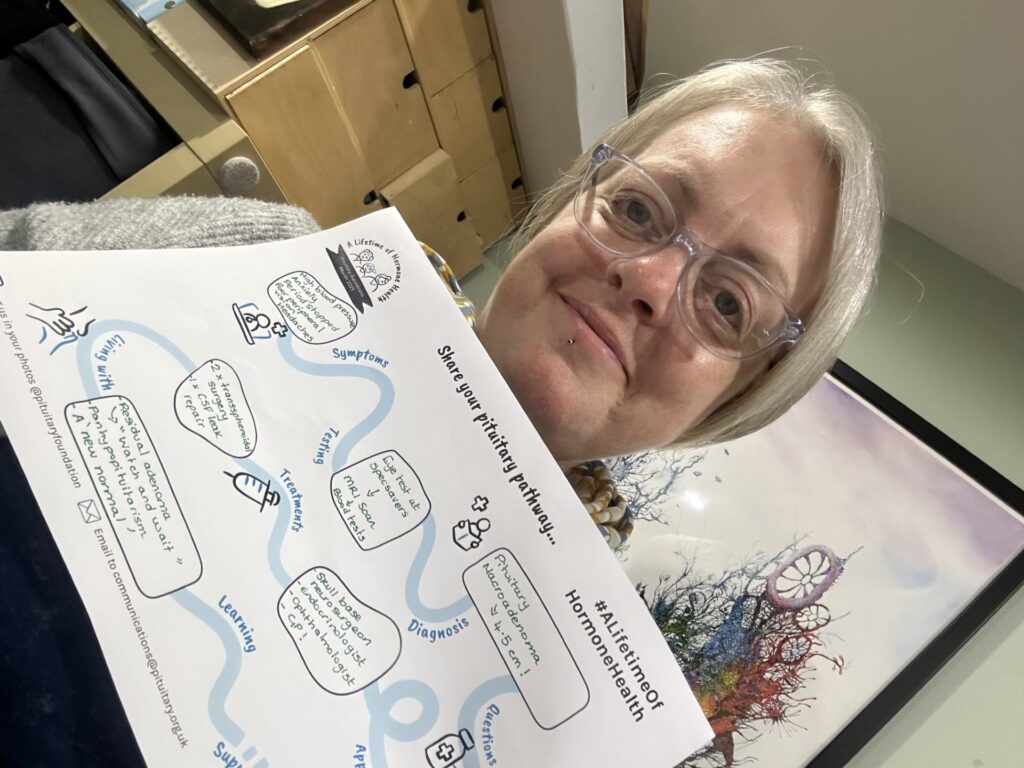
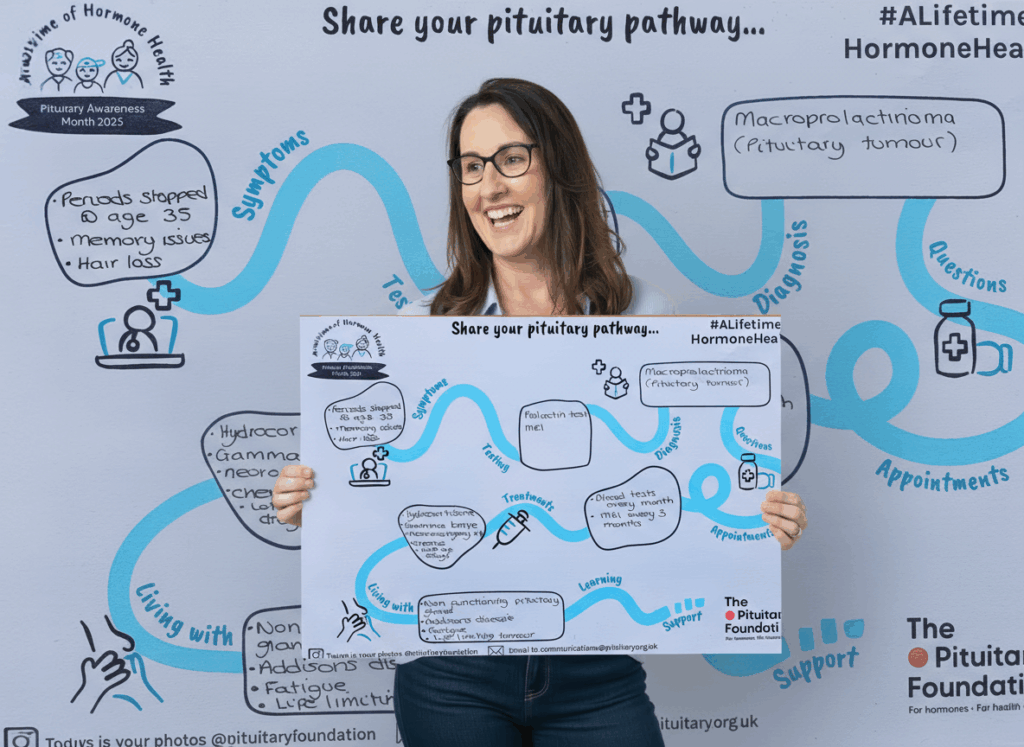
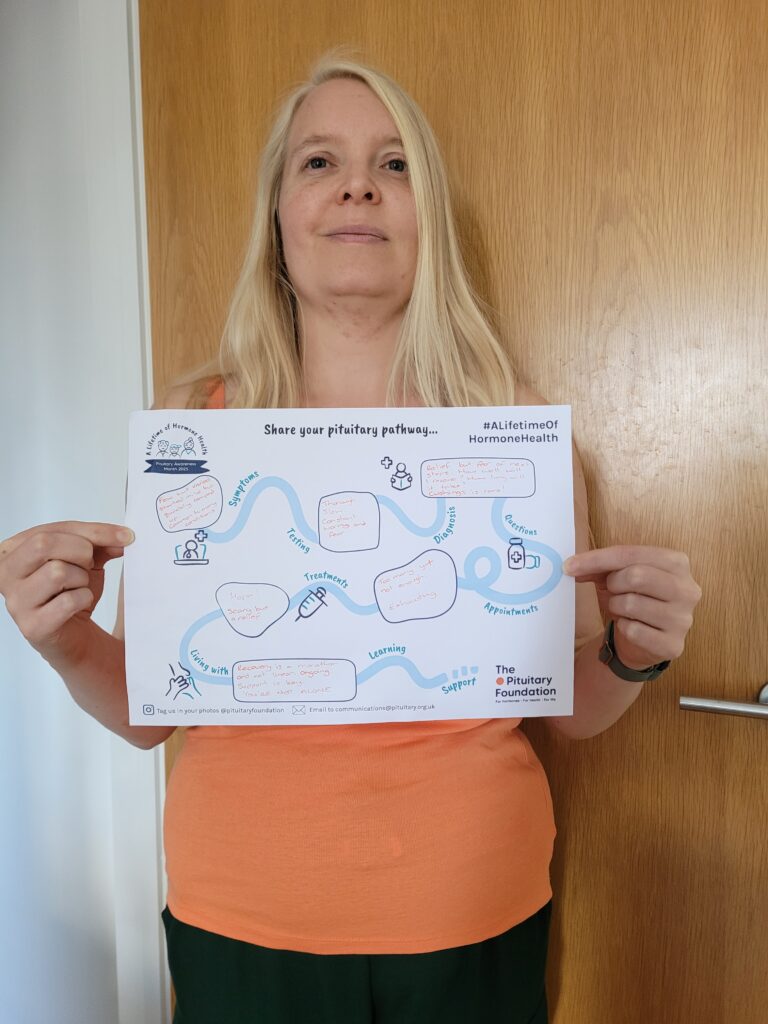


It’s #VolunteersWeek! This is celebrated every year during the first week of June, and is a great opportunity for us to say an extra special thank you to our own volunteers and to let our members know more about our brilliant team.
As a charity, we simply would not be able to provide the services that we do without our volunteers! The support they provide to patients, the awareness they raise and the contribution they make to our charity and the pituitary community is invaluable.
Meet some of our volunteers!
Click on the profiles below to learn more about each volunteer and their role.
Want to get involved?
If you would be interested in becoming a volunteer, please email Nesta at [email protected] . We would be thrilled to welcome you to our amazing team! You can also keep an eye on our vacancies page, to see what volunteering opportunities we have available.
You can also get involved by joining in with our campaign on social media! Throughout the week we will be sharing our volunteer's stories and saying thank you for all the amazing work they do. You can like, comment, save and share our posts to show our volunteers your support.
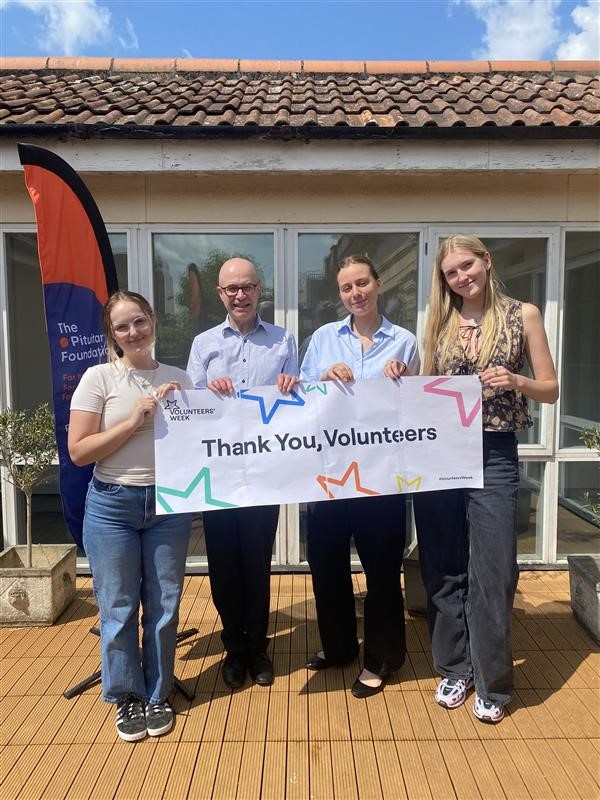
How long have you been a volunteer at The Pituitary Foundation, and why did you start volunteering?
I officially became an ambassador for The Pituitary Foundation in October 2023, but my connection with The Foundation goes back nearly two decades. I was diagnosed with acromegaly in 2004 and from that moment, The PF became a real source of support - its resources, and the wider community, have helped me navigate the complexities of living with a pituitary condition.
Over the years, I found myself naturally stepping into a support role - signposting others to PF resources, sharing my experiences, and offering encouragement.
Becoming an ambassador, a volunteer role, felt like the natural next step - a way to combine my personal journey and professional background to give back and help amplify The Foundation’s incredible work.
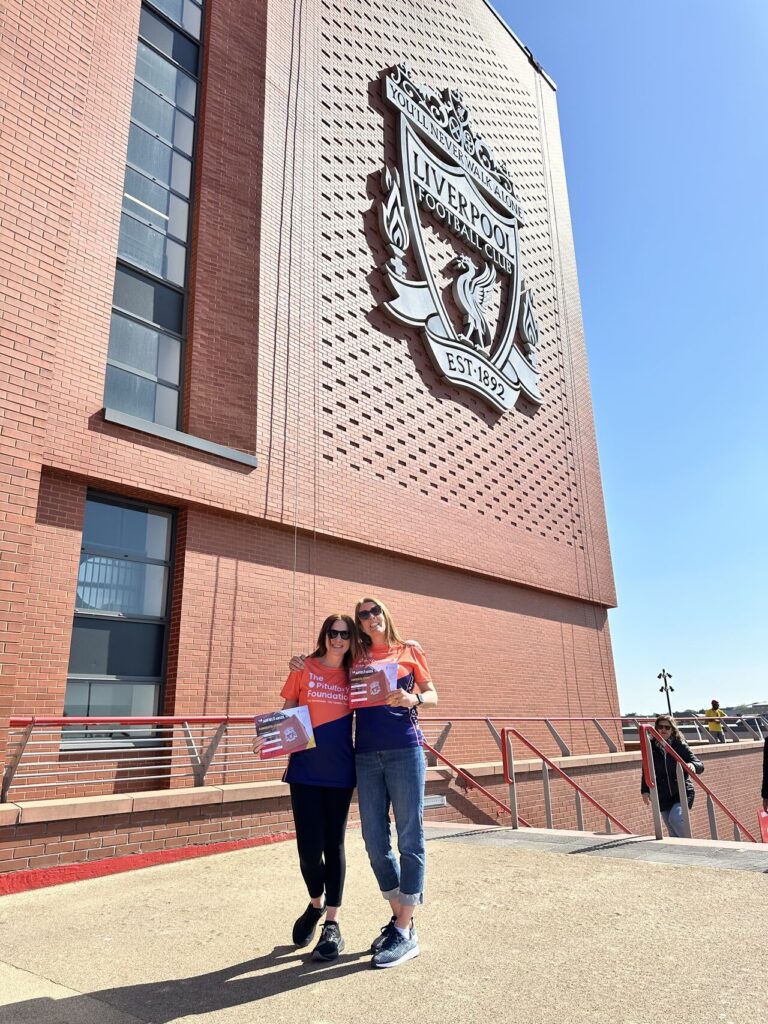
What have you enjoyed most about being a volunteer?
What I’ve loved most is being able to bring the real, lived experience of a pituitary condition into the conversation - everything from the shock and complexity of reaching a diagnosis, to the ups and downs of treatment, and ultimately, learning how to live well with it.
I’m a passionate advocate for empowering patients to speak up for better care and treatment, and being an ambassador has given me a platform to do just that. I also enjoy using my professional experience in the NHS and life sciences to support The Foundation in practical ways—whether it’s helping to find venues, reviewing documents, or contributing to strategic discussions. It’s a great blend of heart and head.
Do you have a story of your favourite moment as a volunteer?
Well, I did recently abseil off Anfield Stadium to raise funds—which was memorable, if not exactly my favourite moment!
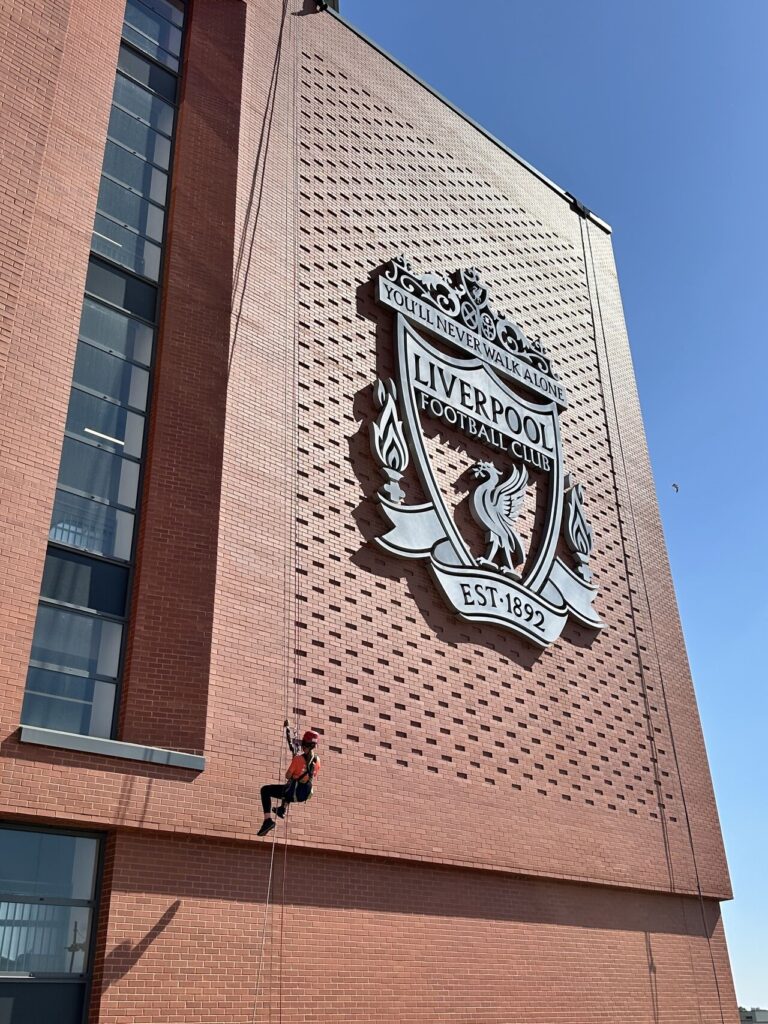
But the real highlights for me have been speaking at two major events—WAPO and BES - where I shared my story as a patient with audiences of clinicians, researchers, and fellow advocates. I love public speaking, and these opportunities allowed me to bring a patient’s voice into spaces where it’s often missing. I truly felt like I was helping to shift perspectives.
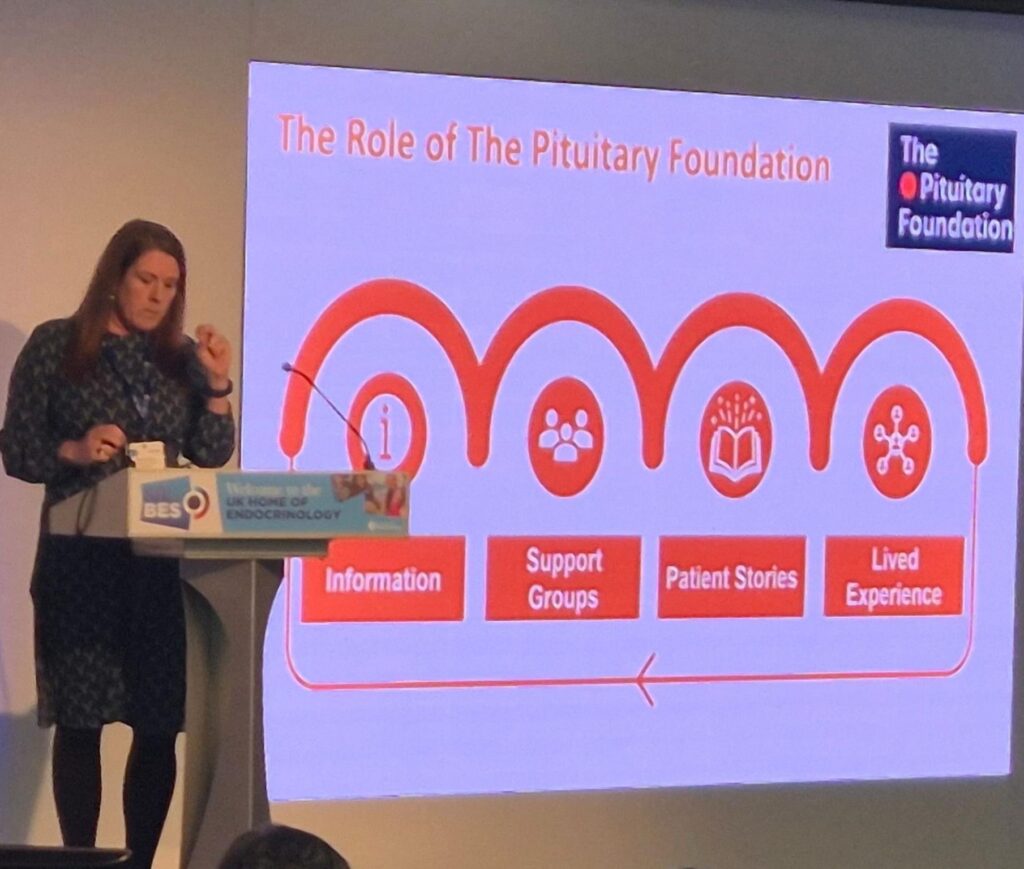
Why would you recommend volunteering?
The Pituitary Foundation is a powerhouse of support - offering everything from information about the many pituitary conditions and nurse helplines, to mental health services and peer connections. Volunteering is a meaningful way to give back to a community that gives so much.
Whether you’ve been directly affected by a pituitary condition or simply want to make a difference, your time and energy can have a real impact.
What would you say to anyone who’s considering becoming a volunteer?
Volunteering isn’t one-size-fits-all. You don’t have to climb mountains (or abseil off stadiums!) to make a difference. There are so many ways to get involved—joining the Lived Experience Committee, supporting local meetups, writing for the magazine, or helping with fundraising. Think about what you enjoy and what you can offer, then reach out to the PF team. They’re incredibly supportive and will help you find the right fit. Just take that first step—you won’t regret it.
Meet Debbie, a member of our Board of Trustees who has supporting The Foundation since 2021.
My Story
I have been serving as a non-executive director (NED) at The Pituitary Foundation since 2021. In my role, I focus on safeguarding, information security, enhancing our approach for interacting with medical professionals and the pharmaceutical industry, including projects and supporting strategic planning, governance and outreach programs.
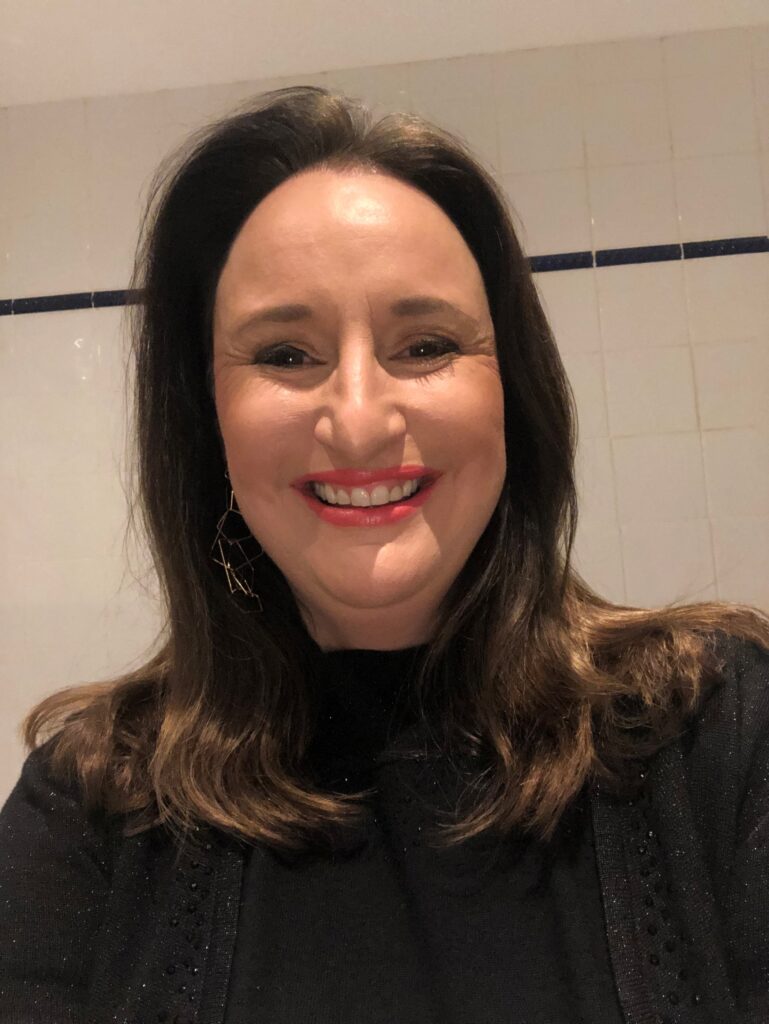
Why I Volunteer
My motivation for volunteering stemmed from a personal connection to the cause. I wanted to contribute my skills to an organisation that is making a significant impact in the lives of those affected by pituitary disorders. The Foundation’s mission resonated with me and I was eager to support its initiatives. When I was first diagnosed with arginine vasopressin deficiency (AVP-D, previously known as DI) in 2010 and then latterly when I became gravely ill with complications in 2019, The Pituitary Foundation offered a rare light of hope. The combination of patient-specific information and compassion helped me to feel understood, but more importantly provided practical avenues for support and expeditious treatment.
What I have enjoyed most about being a volunteer is the sense of community and the opportunity to connect with individuals who share a passion for supporting others. Working with a team that is genuinely dedicated to improving awareness and providing resources brings a deep sense of fulfilment.
Moreover, I appreciate the learning opportunities; each experience I’ve had has contributed to my personal and professional growth. In recent years, I have been fortuitous to be invited to contribute as a patient expert to a number of initiatives including; development of NHS protocols for the treatment of patients with AVP-D and COVID, information videos to educate patients and healthcare providers about pituitary conditions and available treatments and clinical guidelines for AVP deficiency involving members from both the American and European Endocrine Societies. I have also been involved in talks for patients and contributions to other groups, like the Pituitary Society and the Endocrine Society.
I am in a serendipitous position as both a research scientist and patient. This was particularly helpful in ensuring the standardisation of medical terminology to improve data interoperability and that it is correctly included in Medical Dictionary (SNOMED) for scientific and medical use. I have also been involved in liaising directly with the health agencies and drug marketing authorisation holders in response to drug shortages caused by manufacturing and supply chain challenges.
One of my favourite moments was as a contributor to the Global DI Renaming Group, as the patient representative. This resulted in the name change from diabetes insipidus to arginine vasopressin deficiency globally and publication in a number of medical journals worldwide. It was recognised that the term "diabetes" was resulting in was poor patient care due to the confusion with diabetes mellitus. I have heard inspiring testimonials from patients and physicians, where our efforts may have resulted in a patient having much better outcomes.
To anyone thinking of volunteering...
I would highly recommend volunteering because it offers a unique opportunity to make a tangible difference in people's lives. The experience not only allows you to give back but also helps you develop new skills and build relationships with like-minded individuals. I believe that being part of a cause that you care about can be incredibly rewarding and enriching.
To anyone considering becoming a volunteer, I would encourage you to take the leap! Volunteering is a wonderful way to engage with a cause that matters to you and to learn from others along the way. Whether you have a specific skill set or simply a desire to help, your contribution can be valuable. Don’t hesitate to reach out—I would be happy to share more about my experiences or answer any questions you may have.
My Story
Hi, I’m Phil, happily married and happily retired! I have two children and four grandchildren.
I suppose my pituitary journey began well over 20 years ago when the first symptoms of my prolactinoma became apparent. Several years later, after going down several blind alleys, the diagnosis was finally made, treatment began, and the tumour was removed. I’ve happily taken the tablets, creams and injections ever since. After all, they keep me well and alive!
I was living abroad at the time, and was seen by specialists in Luxembourg, France, Belgium and Germany! Truly an international tumour. I now live in the UK. After diagnosis I felt quite lost, worried and alone. I took great comfort from finding The Pituitary foundation online, and after making contact I was contacted by a telephone buddy. I found this human contact very reassuring and helped me a lot on my pituitary journey. The information available on the foundation website l also found invaluable.
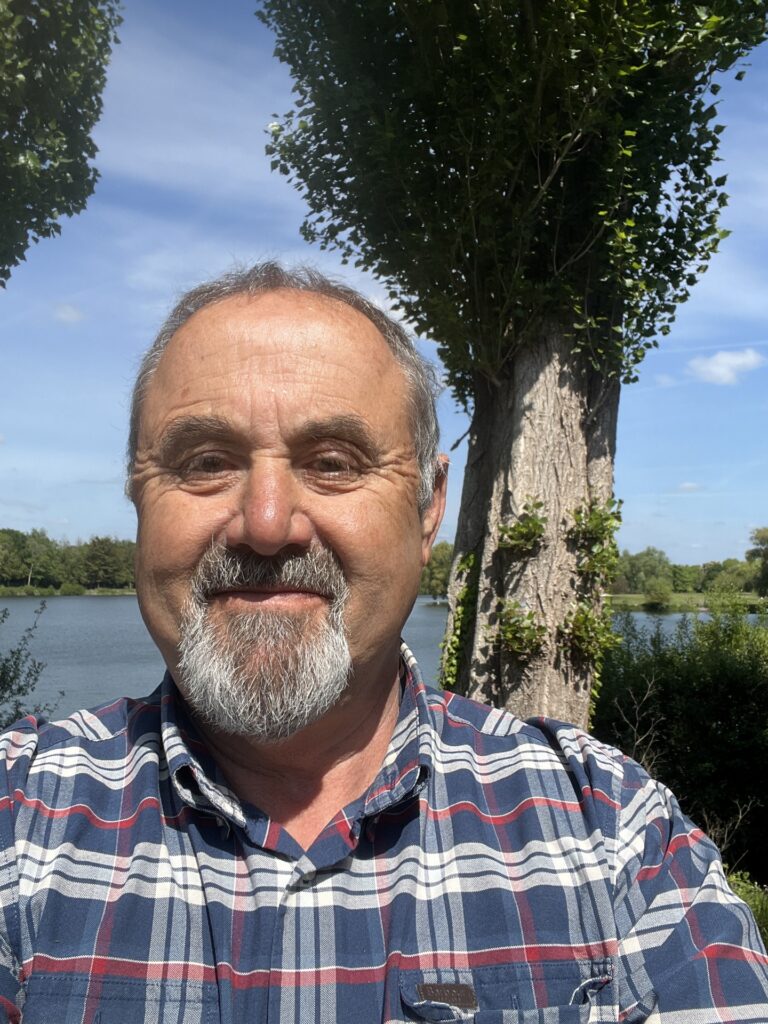
Why I chose to volunteer with The Pituitary Foundation
This contact with The Foundation and a visit or two to conferences made me want to help others in similar positions as well. After some training, I became a telephone buddy. I have been a buddy for over 15 years I believe, and also had several years volunteering on the telephone help desk.
What do you enjoy most about your role?
I doubt if I have a favourite story of my contacts as a buddy, as each contact has been worthwhile and interesting. I hope I have been able to offer some useful advice through my own experiences and training, and of course a listening ear. At the very least we are able to signpost others towards useful information they may not be aware is available out there. I have also learnt much from the people I have interacted with.
I would encourage those who are able to volunteer, as it is rewarding and can be of great comfort to fellow travellers who are just starting out on their own journey. You feel a useful small part of The Pituitary Foundation team, who do so much to bring this illness out of the shadows. Contact Nesta today and see how you could help out!
How it started
My name is John Budd and I am a hypopituitarism patient, and now also the support group leader for The Pituitary Foundation Oxford Support Group, along with my very supportive wife Cathy.
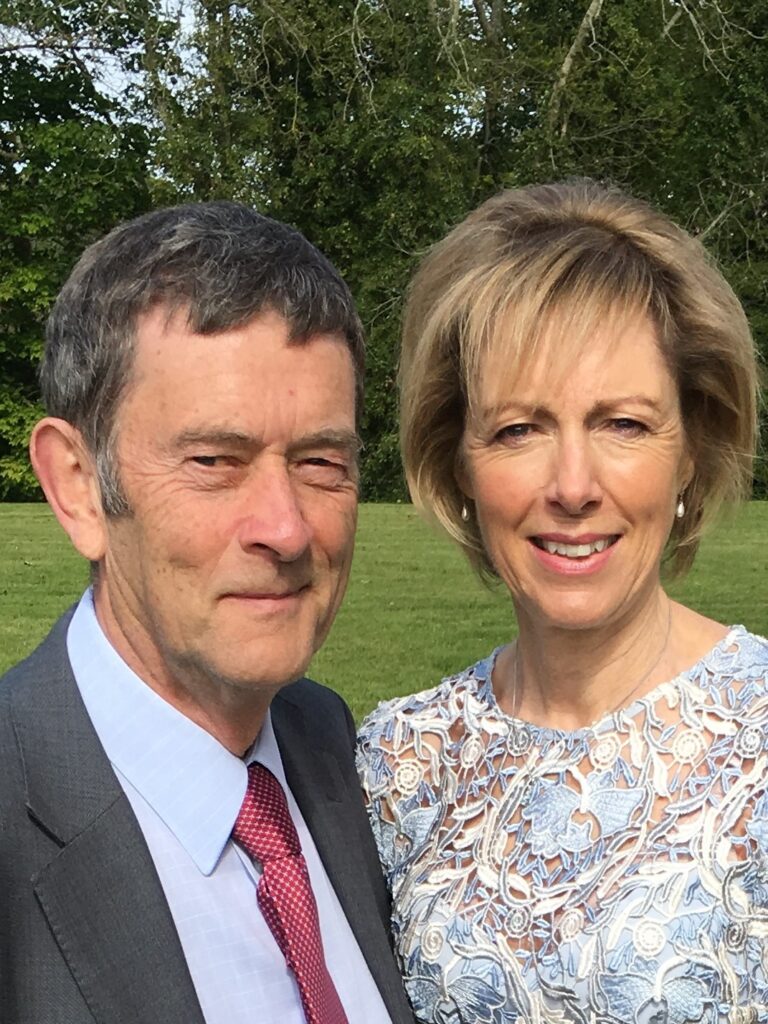
My Story
My pituitary story started in October 2010, when I was working as an IT management consultant, and travelling frequently. The first time I realised there was something wrong was while we were on holiday, cycling on the wonderful Mining Trail in Cornwall. I suddenly felt abnormally weak and weary and I had to stop cycling. Eventually after a good rest, I managed to complete the route.
It took over a year to get my condition diagnosed. During that time I had lots of medical appointments with all kinds of specialists, but my eventual diagnosis was somewhat accidental - I was being investigated by a neurologist for an unrelated problem and a MRI scan showed an enlarged pituitary which was fortunately noticed. Blood tests confirmed a hormonal imbalance, and the neurologist put two and two together and realised I had a pituitary problem. I started on some initial replacement hormone medication shortly after and felt my condition improved, though I was nowhere near back to normal.
Some months later I was sitting in the departure lounge of Edinburgh airport in September 2011 after a hard day with a client group and I suddenly felt exhausted, and realised that I just couldn’t keep working. I was constantly weary, had mood swings, was depressed, I was worrying about my health, and had become very introspective. I stopped working shortly after that.
When attending a Pituitary Foundation conference in Sheffield in 2012, I heard about growth hormone and the benefits it brought to some patients. This was something that my own endocrinologist had never suggested but I was determined to try it as and eventually had it prescribed. It helped me a lot with improved energy and mood.
In December a scan revealed that my tumour was now very close to the optic nerve, so I had transsphenoidal surgery to remove the pituitary growth, which has not regrown to date, though I continue to need hormone replacement. Throughout this, my wife Cathy was so supportive that I manged to get through the worst of it and set about finding some kind of new equilibrium in my life. I am still challenged in various ways, but things have improved considerably.
Finding The Pituitary Foundation
When Cathy and I first came across The Pituitary Foundation in May 2012, we were at a stage where we were struggling with trying to understand this condition. Attending the conference in Sheffield that year was the best thing we could have done. Good grief! I wasn’t the only one with these weird feelings, mood swings, lack of energy, and other problems! Here was a whole room full of people with similar issues. In a way this was sad, but it also made me realise for the first time, I am not alone with this problem.
We learnt so much from the experts and took much comfort from meeting others who were experiencing similar problems to us. We also learnt about the local support groups and subsequently attended our first Oxford Support Group meeting, held at one of the Oxford colleges. Cathy and I continued to attend many subsequent meetings and conferences, making a number of friends along the way.
Becoming the Oxford Support Group Leader
The Oxford Support Group moved from being hosted at an Oxford college, to a church hall west of Oxford. Cathy and I continued to attend, enjoying and learning from many interesting guest speakers over that time. In June 2017, we offered to take over the Oxford support group leader role from Mark Heath, who had done a fantastic job, and our offer was accepted.
We have continued to hold about four or more meetings a year. In 2017, through consultation with the specialist nurses at the Churchill Hospital (where most pituitary patients from the Oxford area first come into contact with the pituitary medical support services), we relocated our meetings to the hospital. I think this helped the group, as patients were familiar with this location and the specialist nursing staff were always on hand at our meetings, which proved to be a great informal way to discuss any challenges patients had. We introduced informal social meetings (mainly pub lunches) in 2019, with the aim of bringing the group together a bit more.
When Covid-19 hit us, the Churchill Hospital became impossible to use and we started using Zoom to keep the communication lines open. This proved to be very successful as we were still able to get guest speakers to join us and our attendance increased. Since Covid, we continue to hold many of our meetings on Zoom but we compliment these with regular social get-togethers.
We have had many Saturday pub lunch meetings in various locations outside Oxford, and have had several summer garden parties. We are now occasionally using the Manor Hospital in Oxford for meetings. We have had some great guest speakers including endocrinologists, neurosurgeons, a psychologist and some members of The Pituitary Foundation too. We are particularly grateful for the support given to Oxford group by Professor John Wass who regularly attends our meetings, and has provided invaluable advice and support to so many of our patients.
The future
I believe the time that pituitary patients (and carers) need the most support is when they are first diagnosed, when they may be in a state of disbelief, shock or trauma. Our hope is that all Oxford pituitary patients, but particularly those newly diagnosed, get to know about our support group so that they can realise they are not alone, that there are others enduring similar problems who they can meet and exchange experiences with and learn from. We have some very supportive people helping us in many ways, and I thank all of them for their encouragement.









